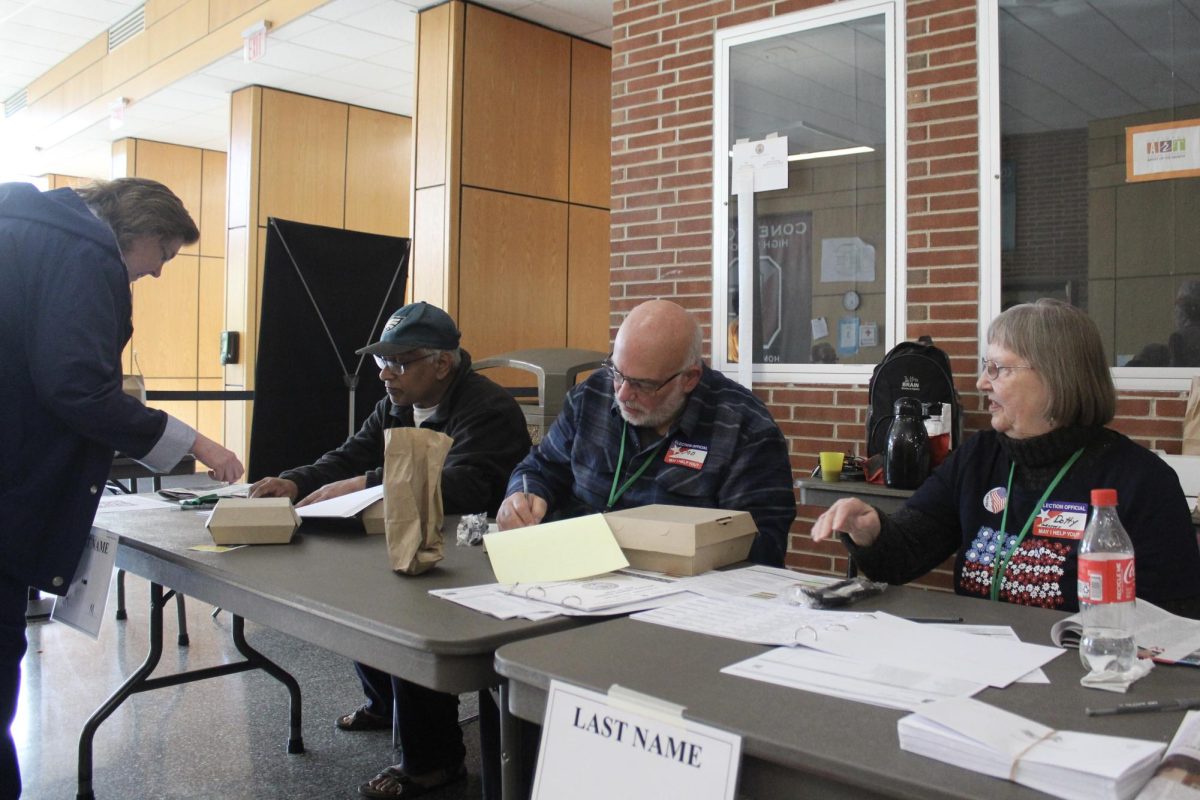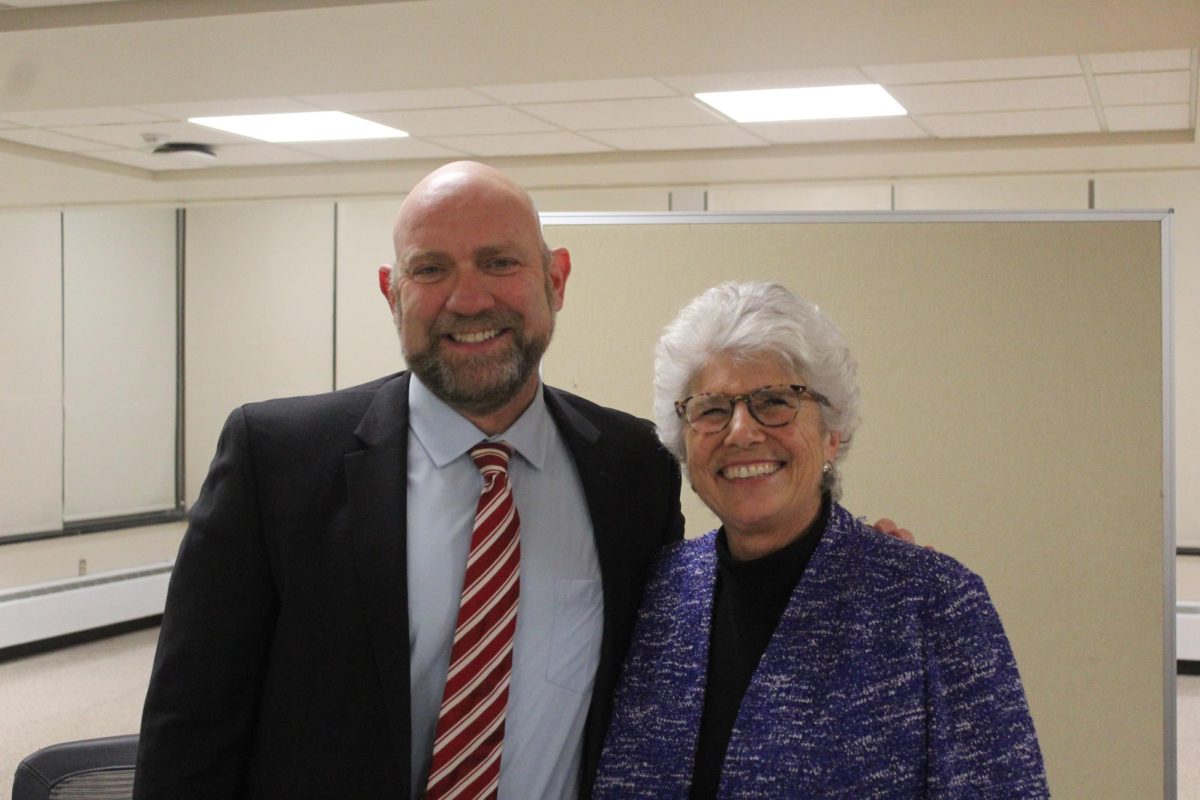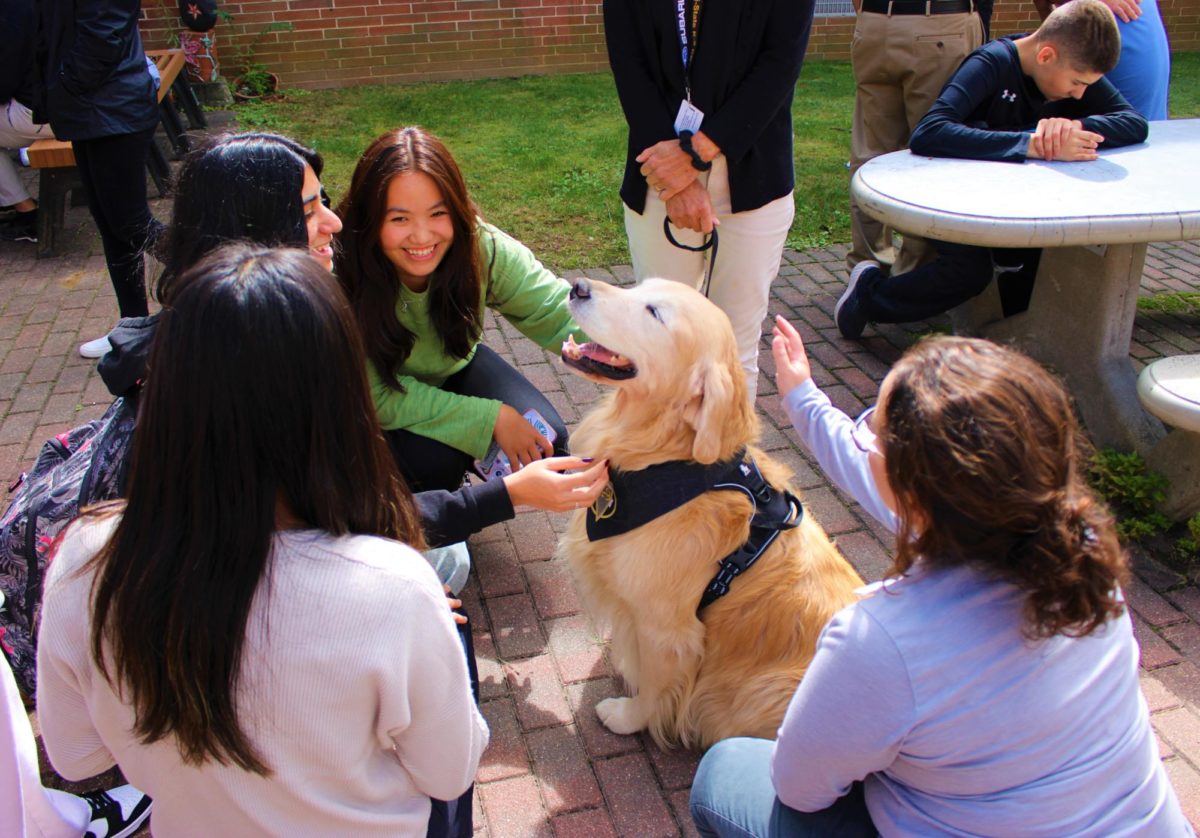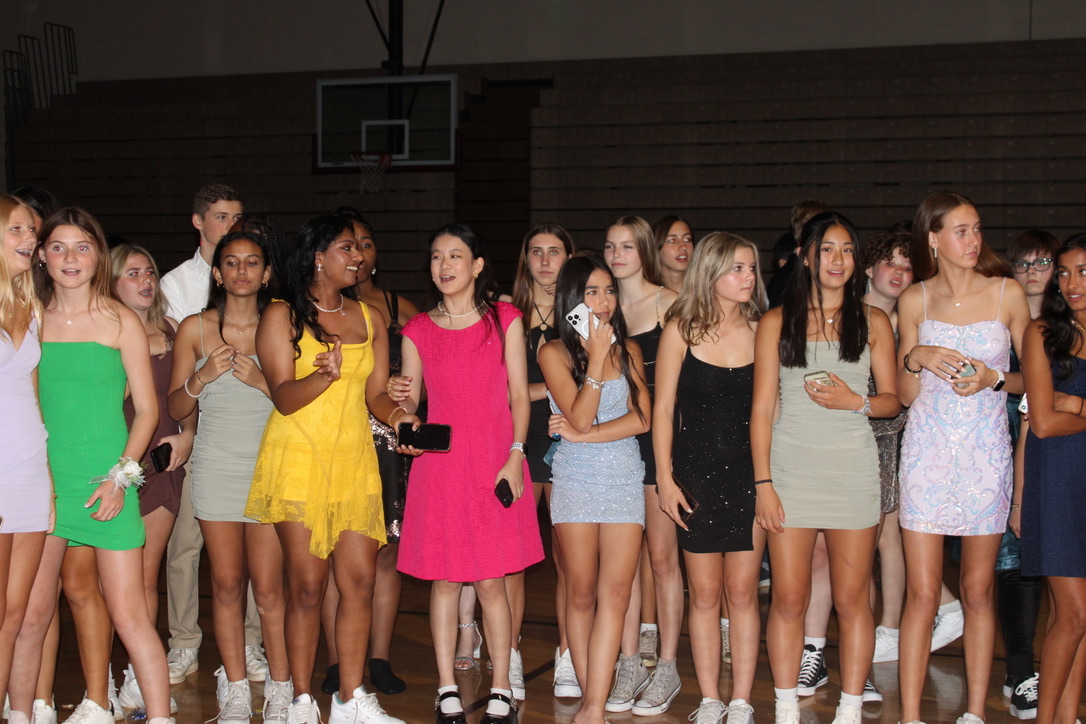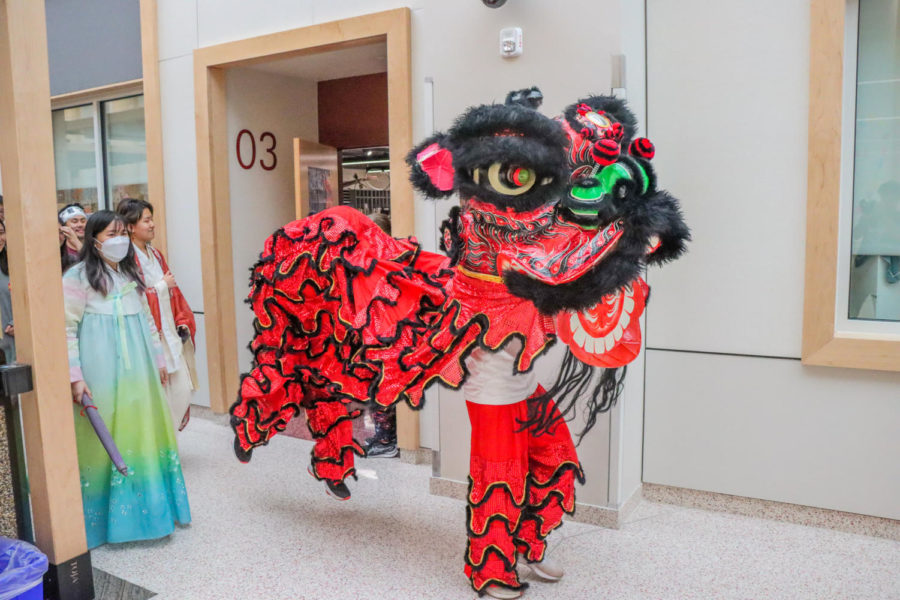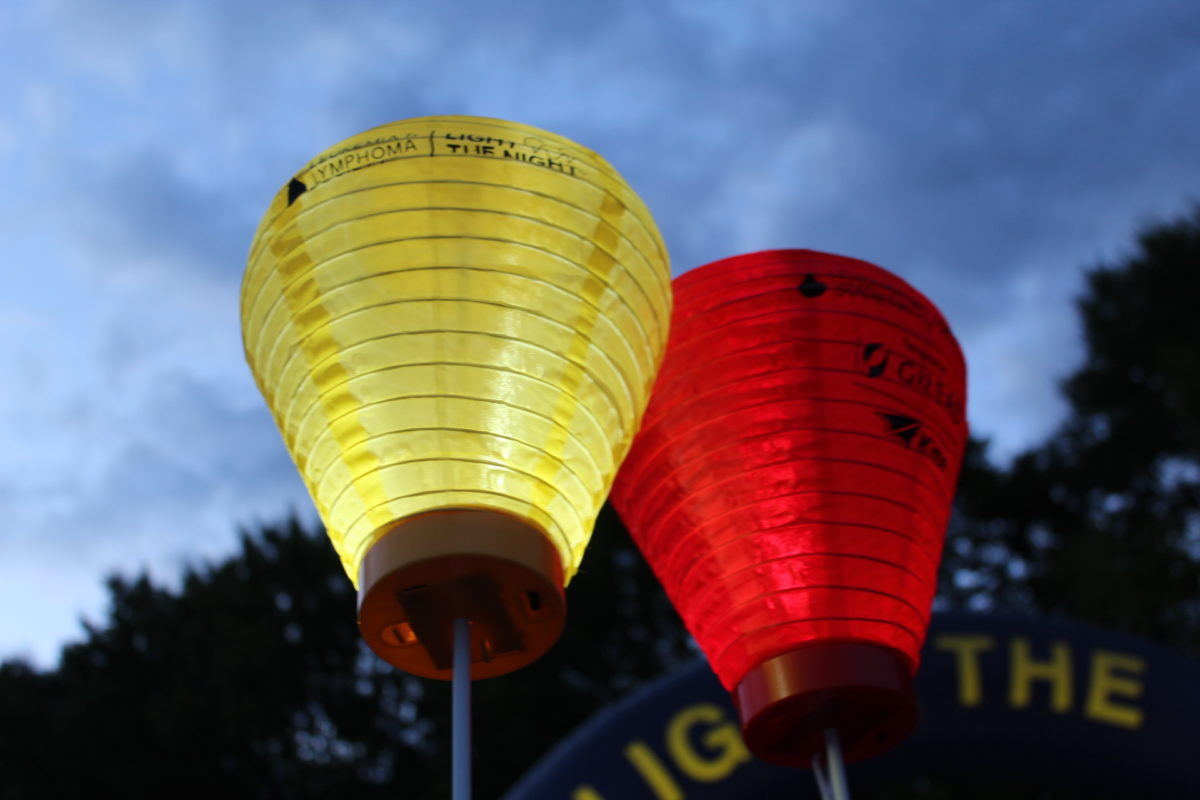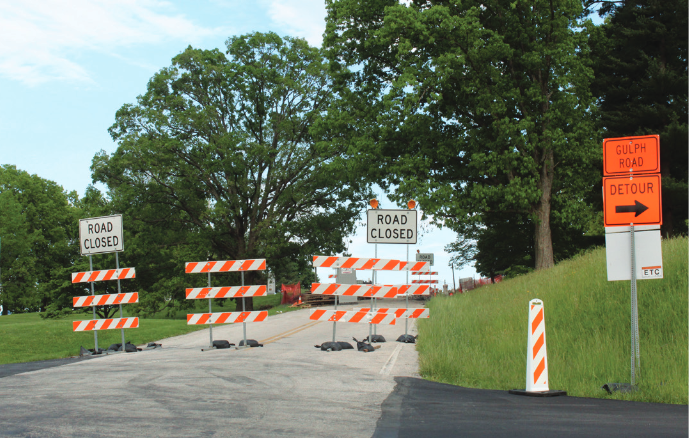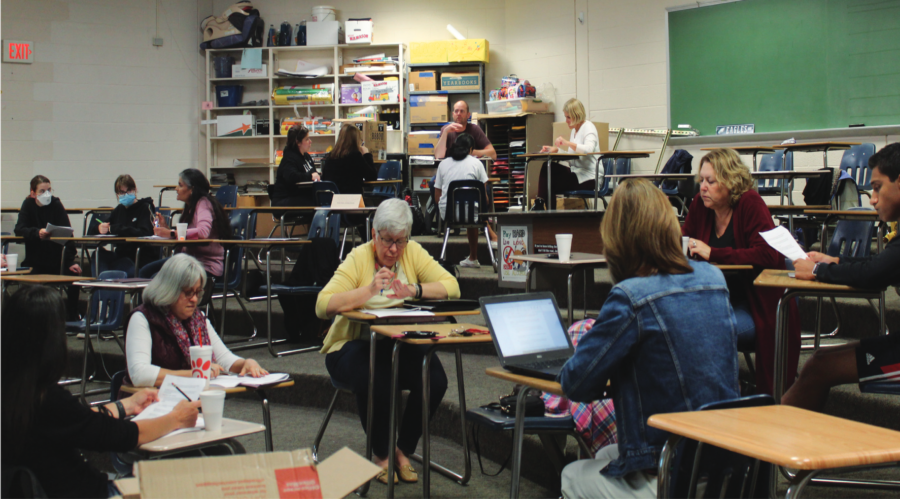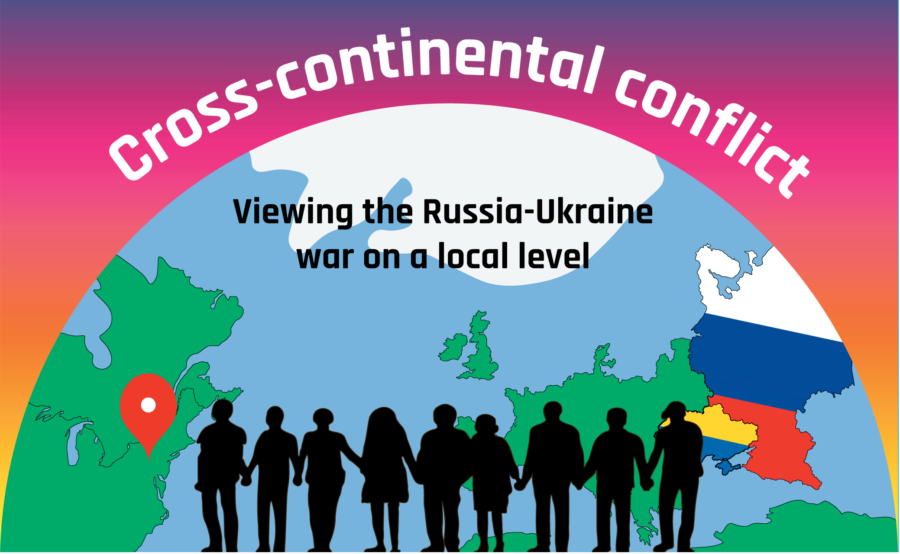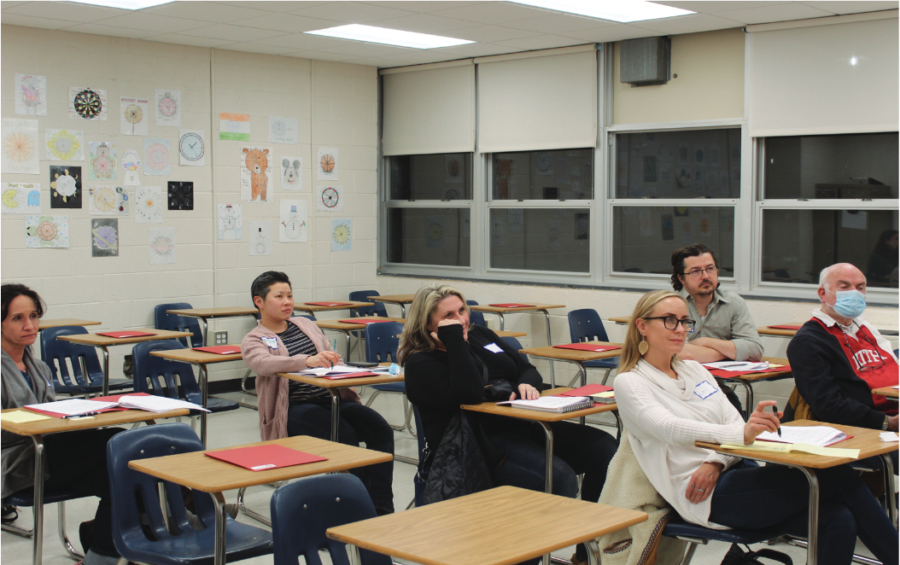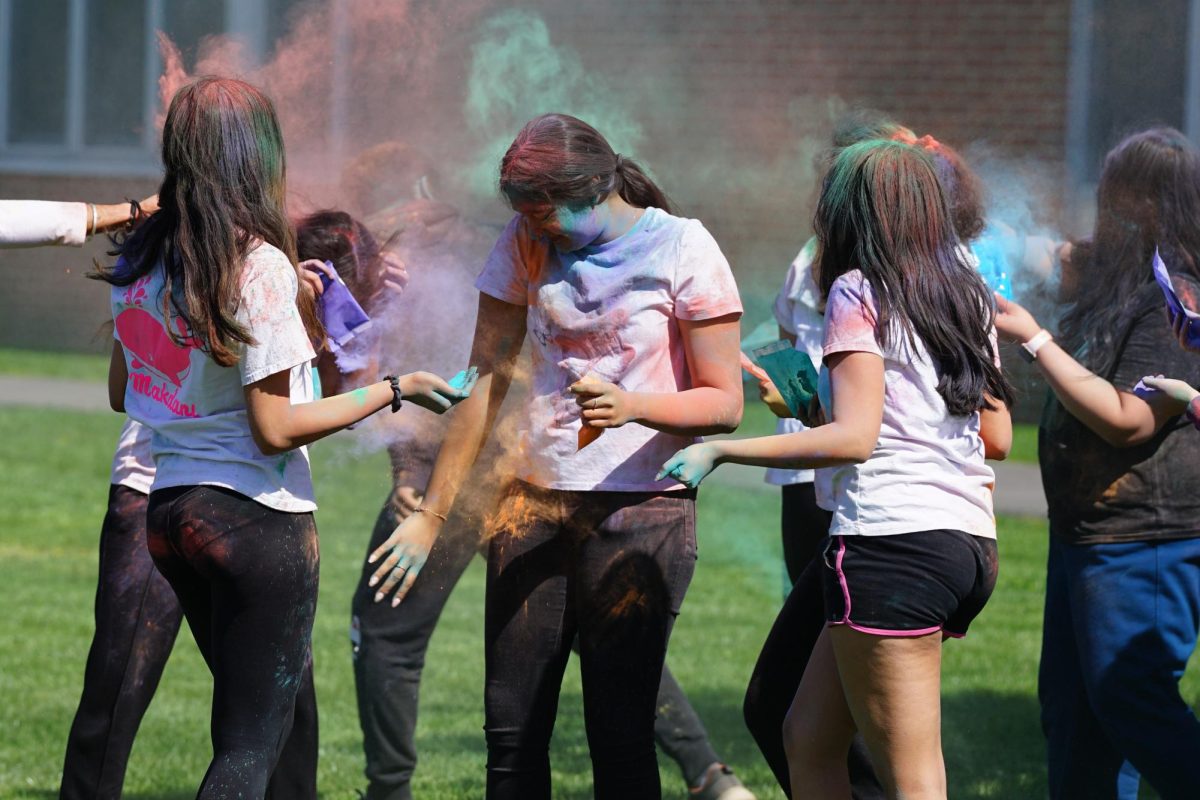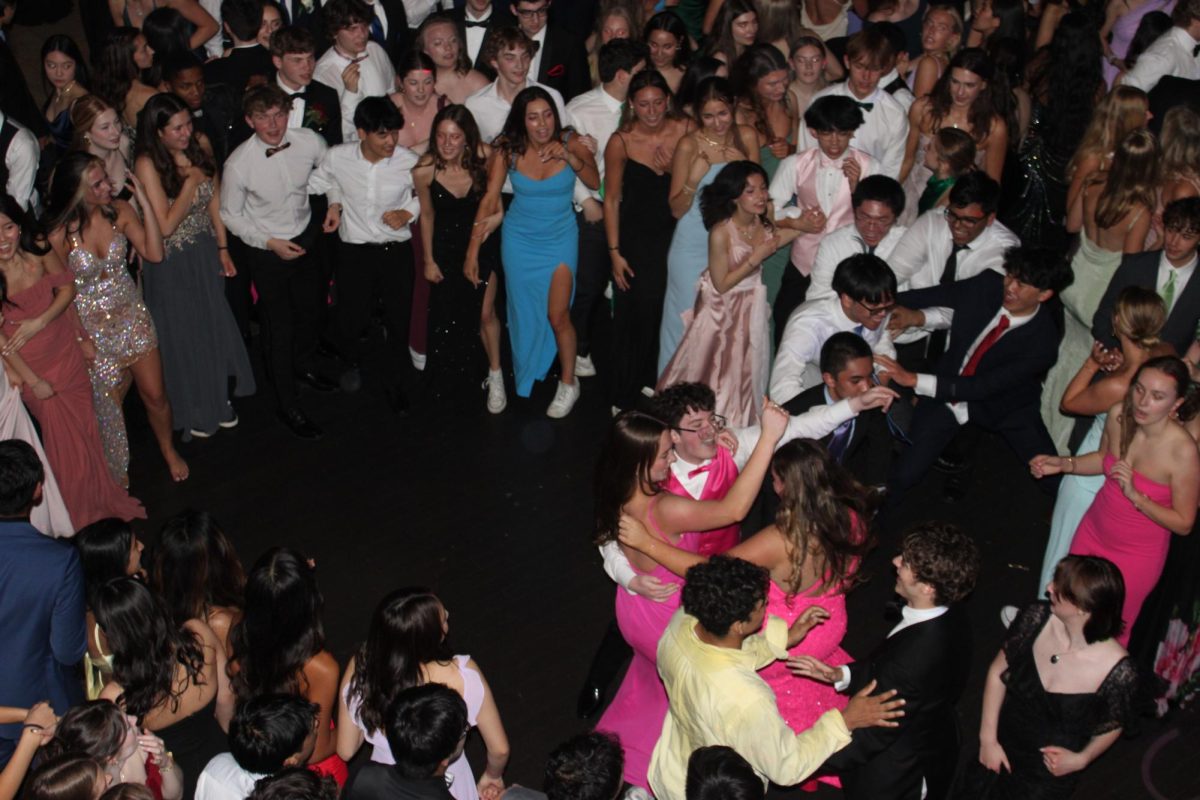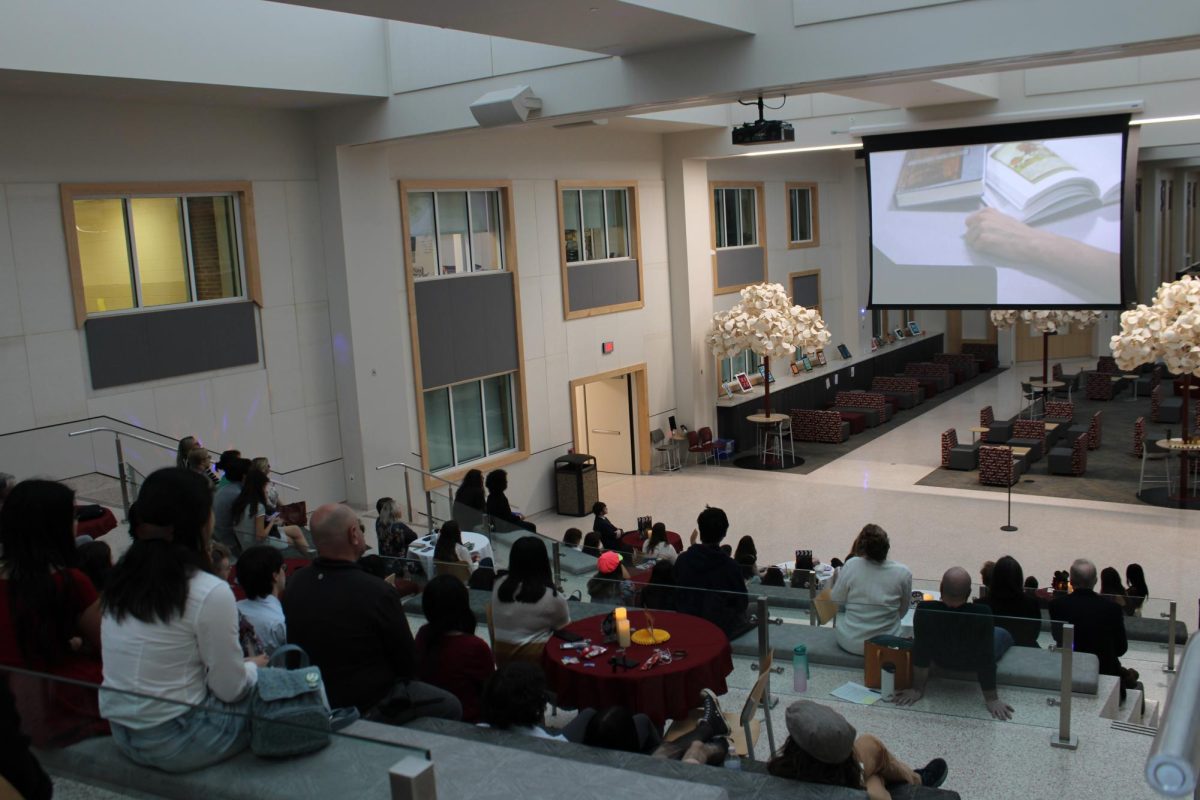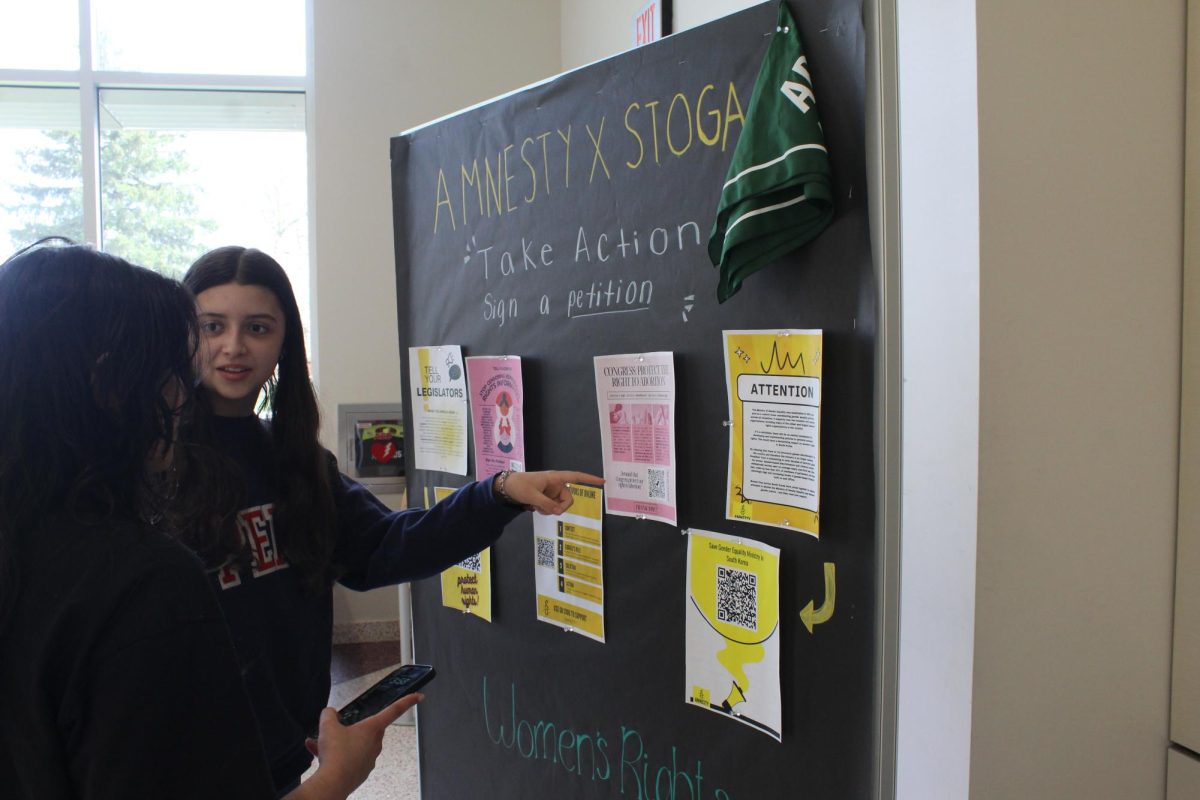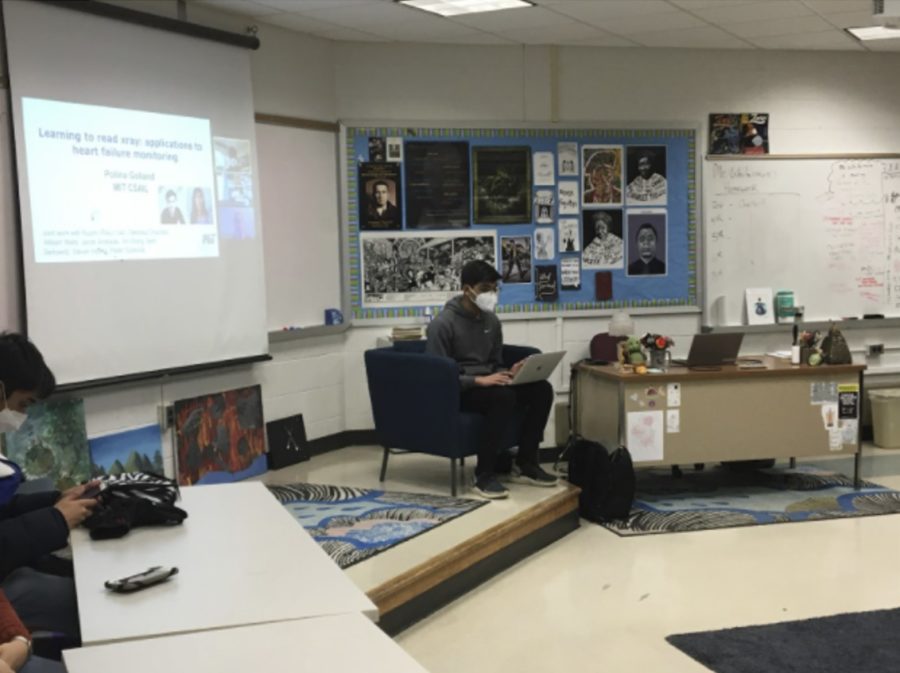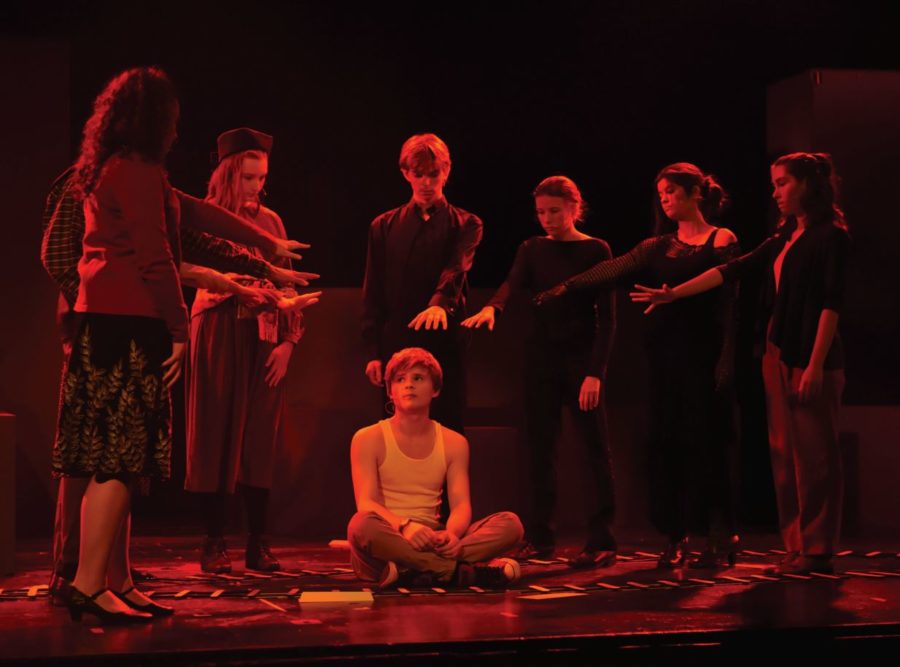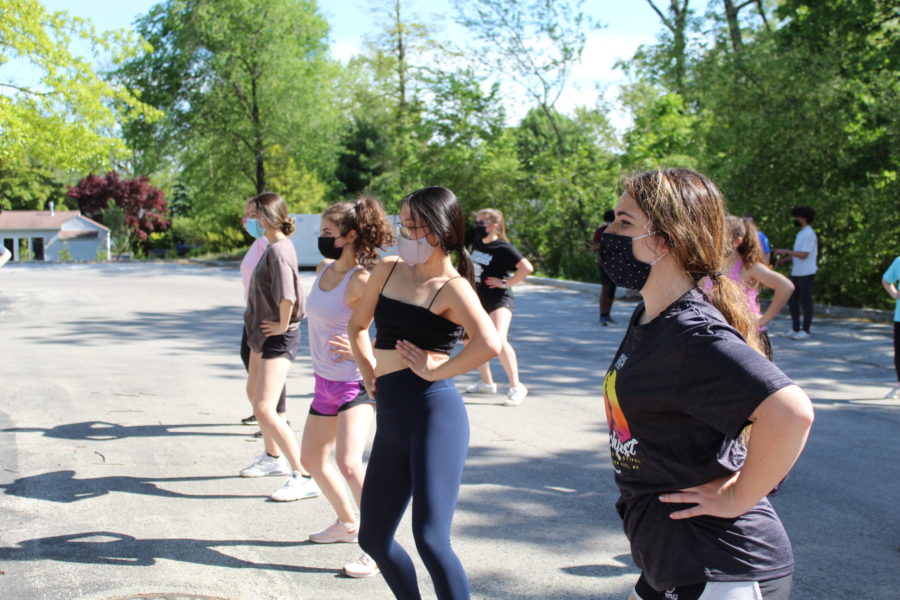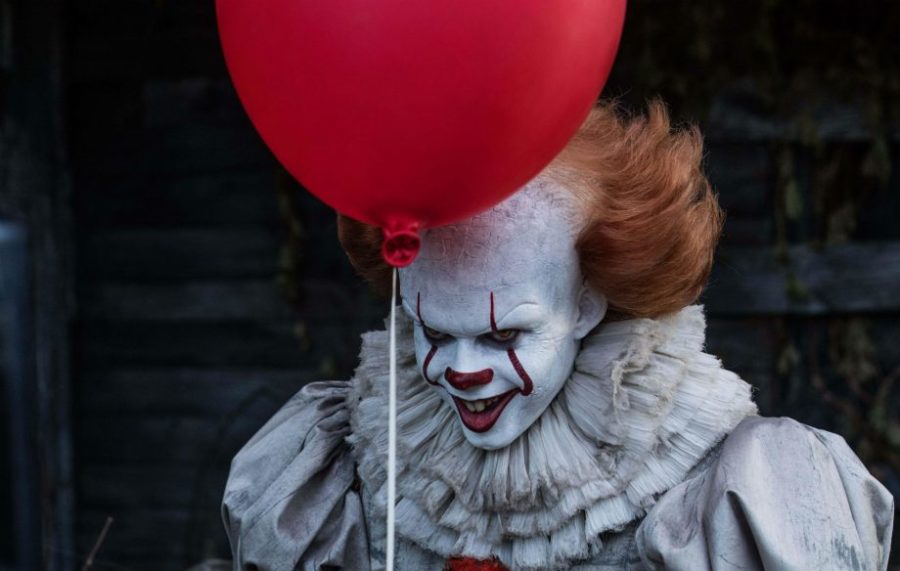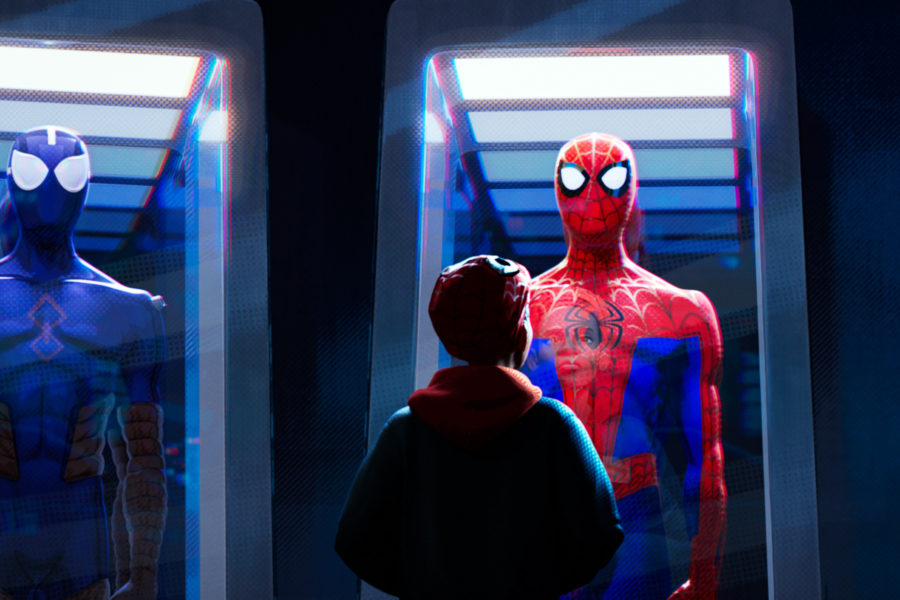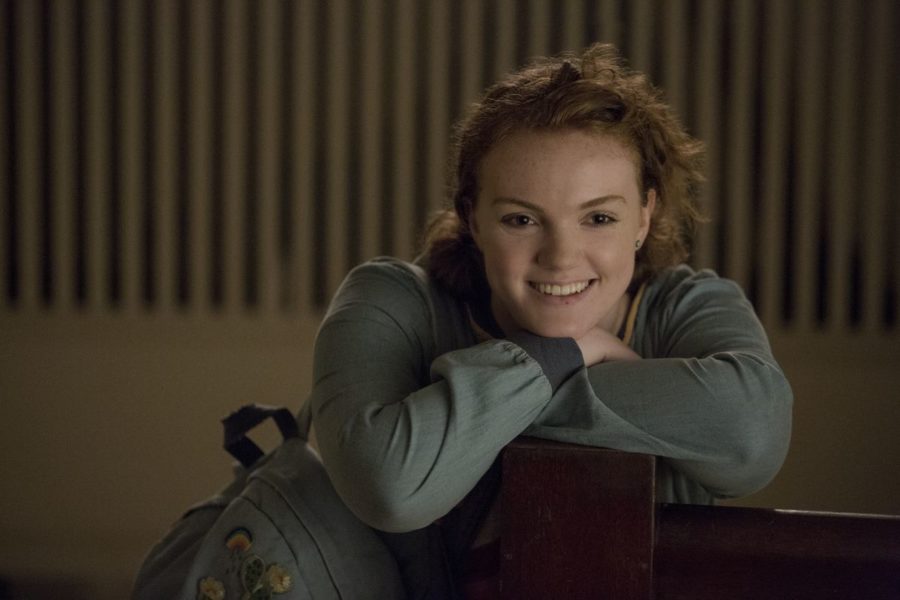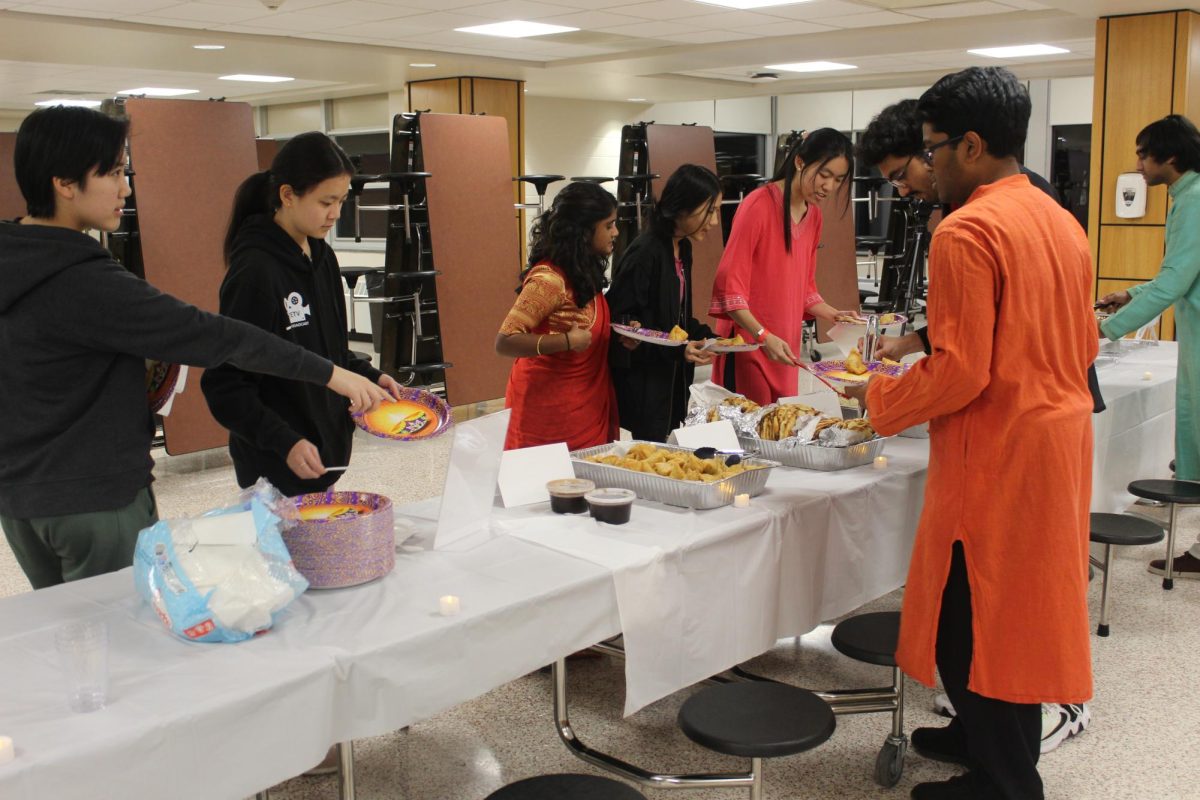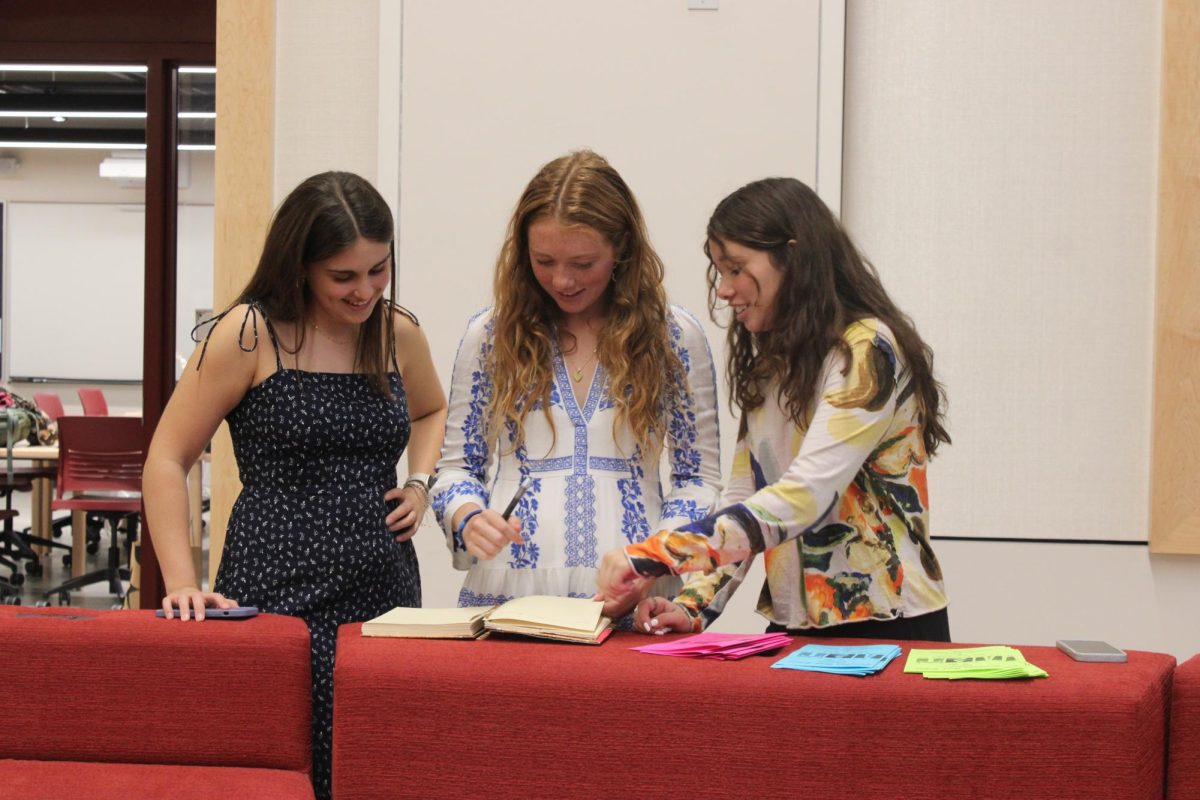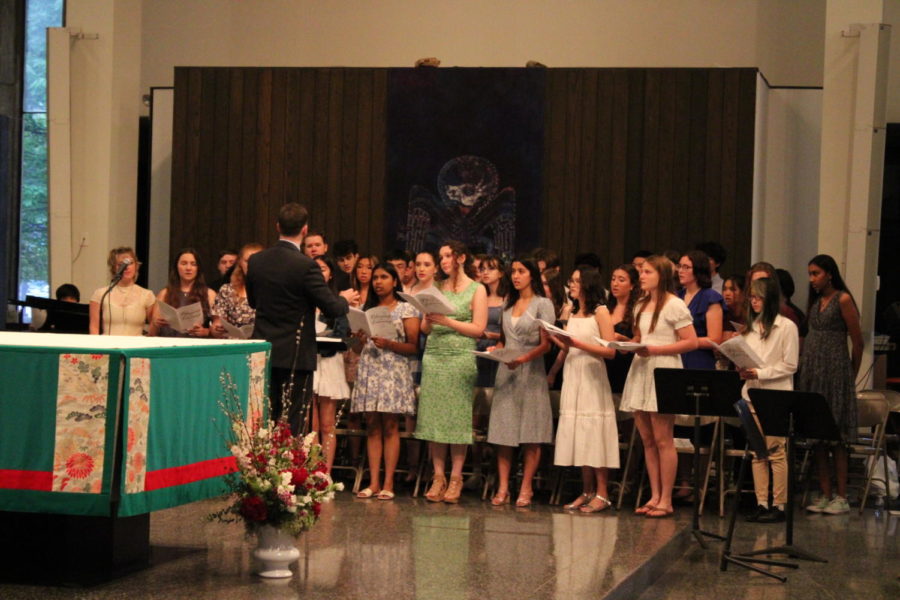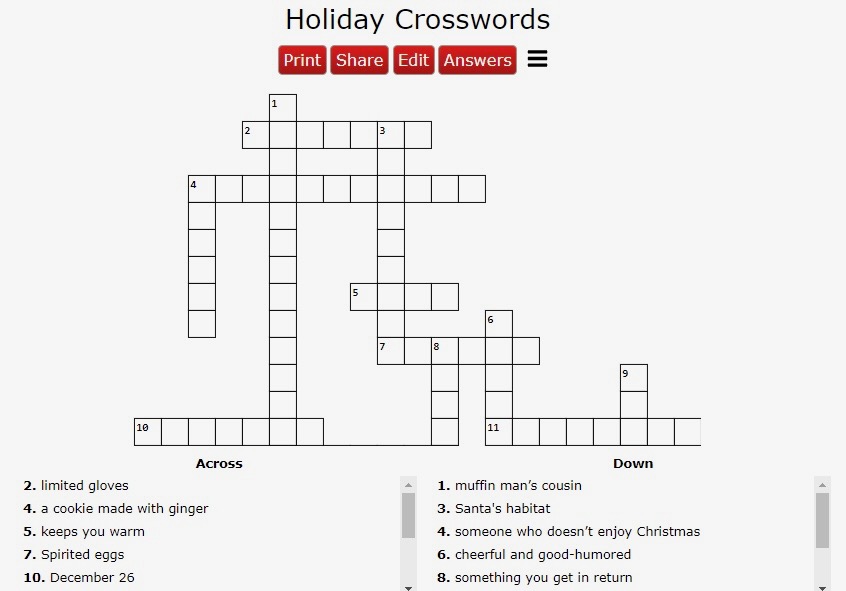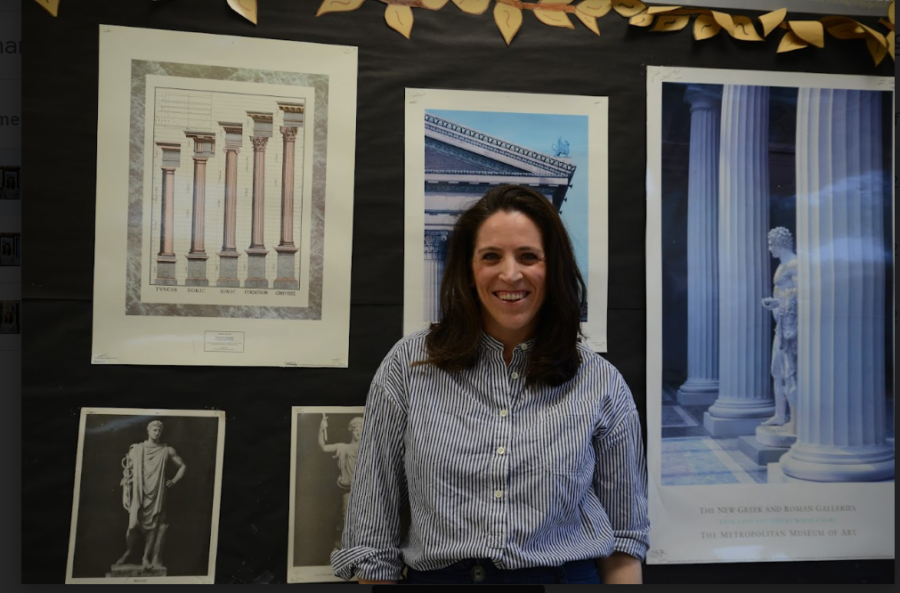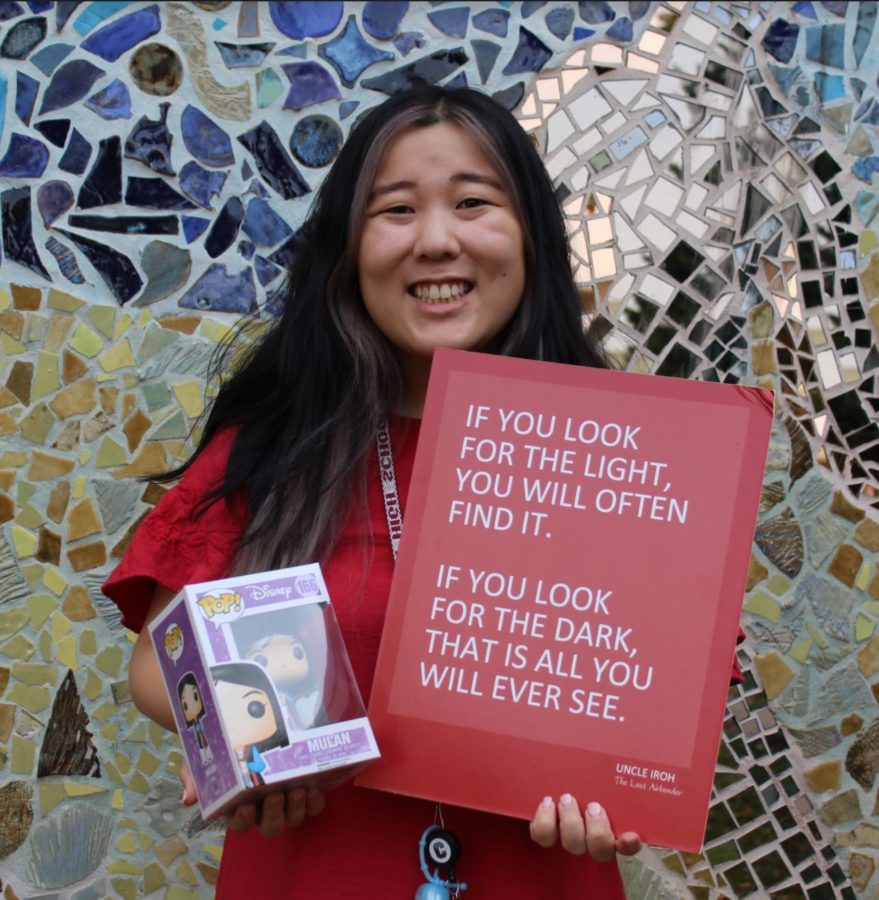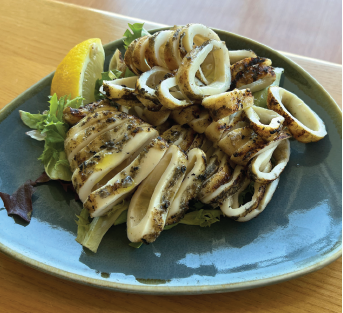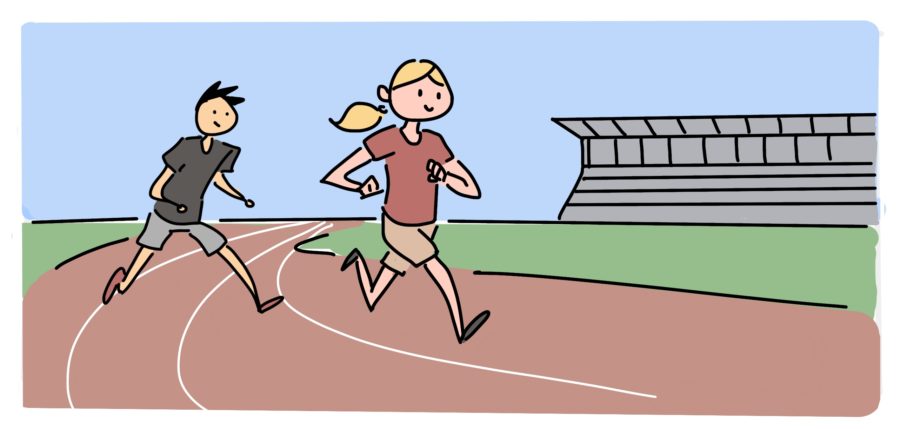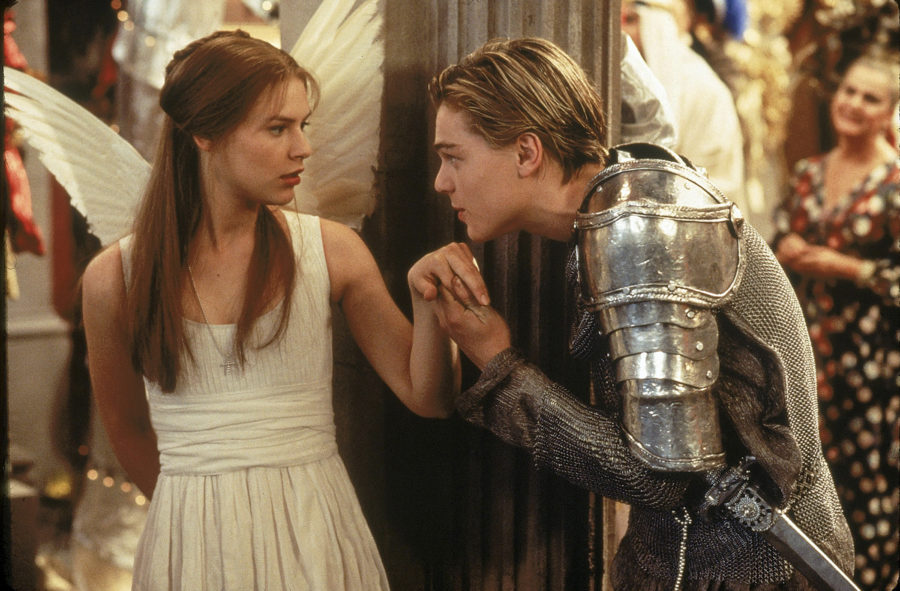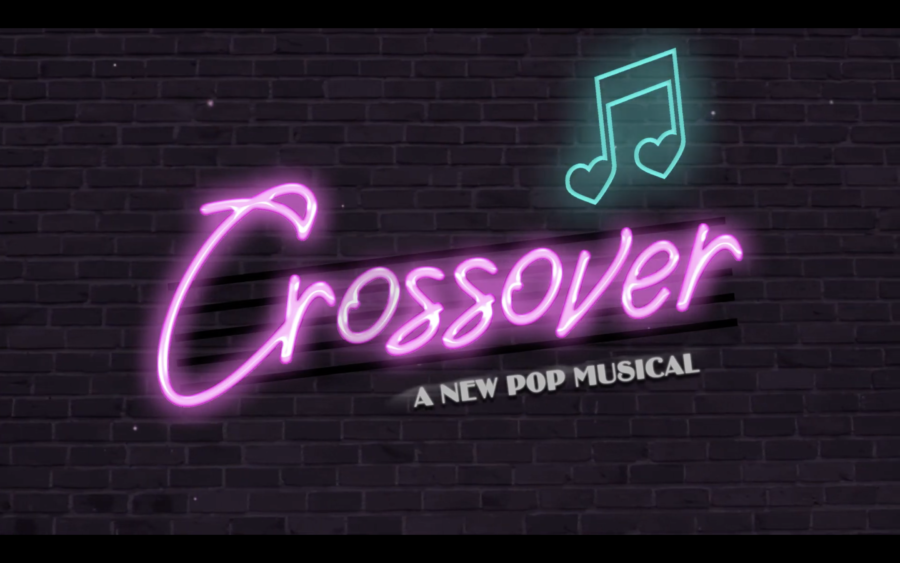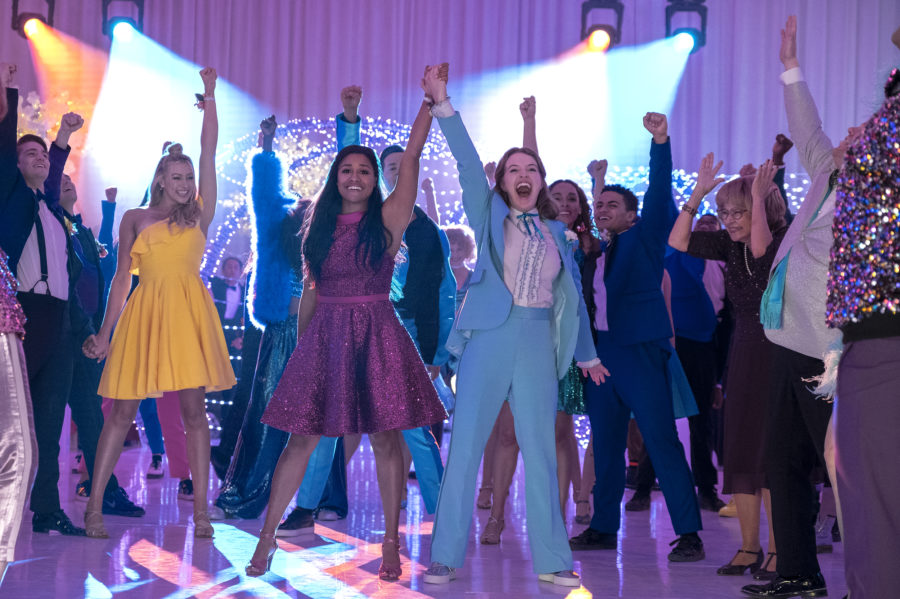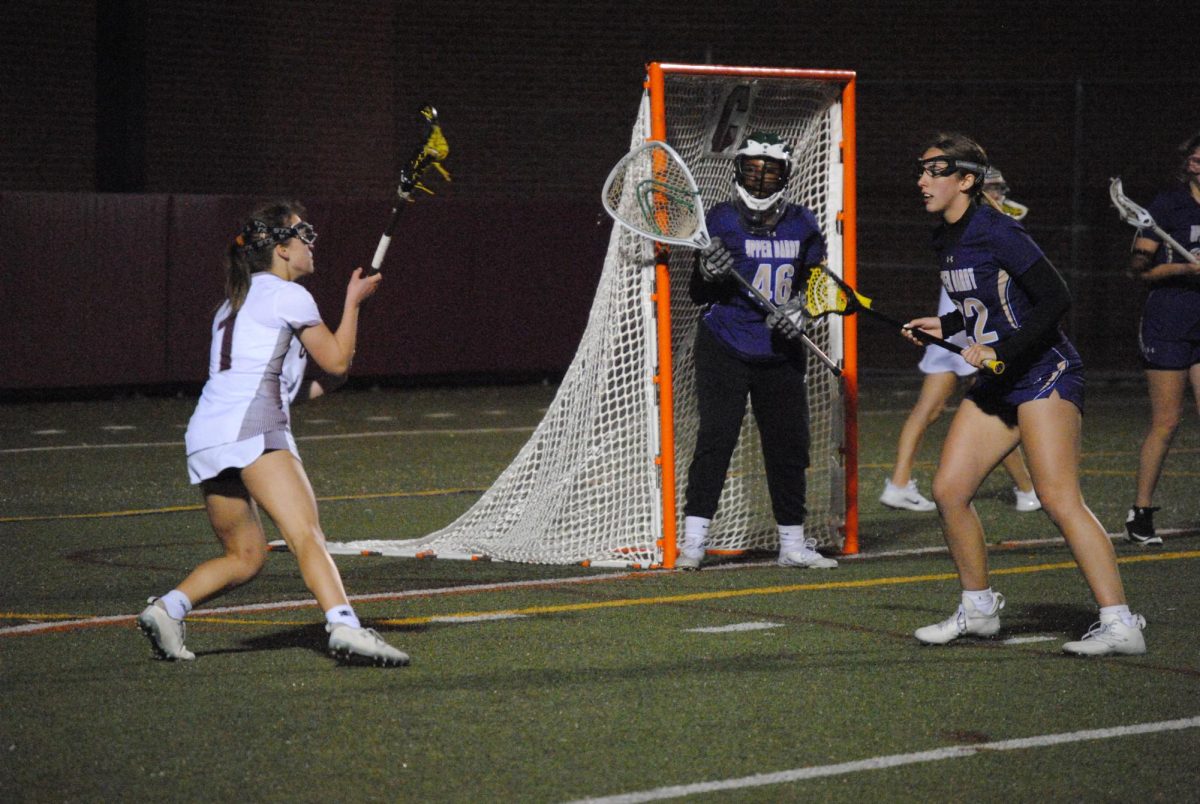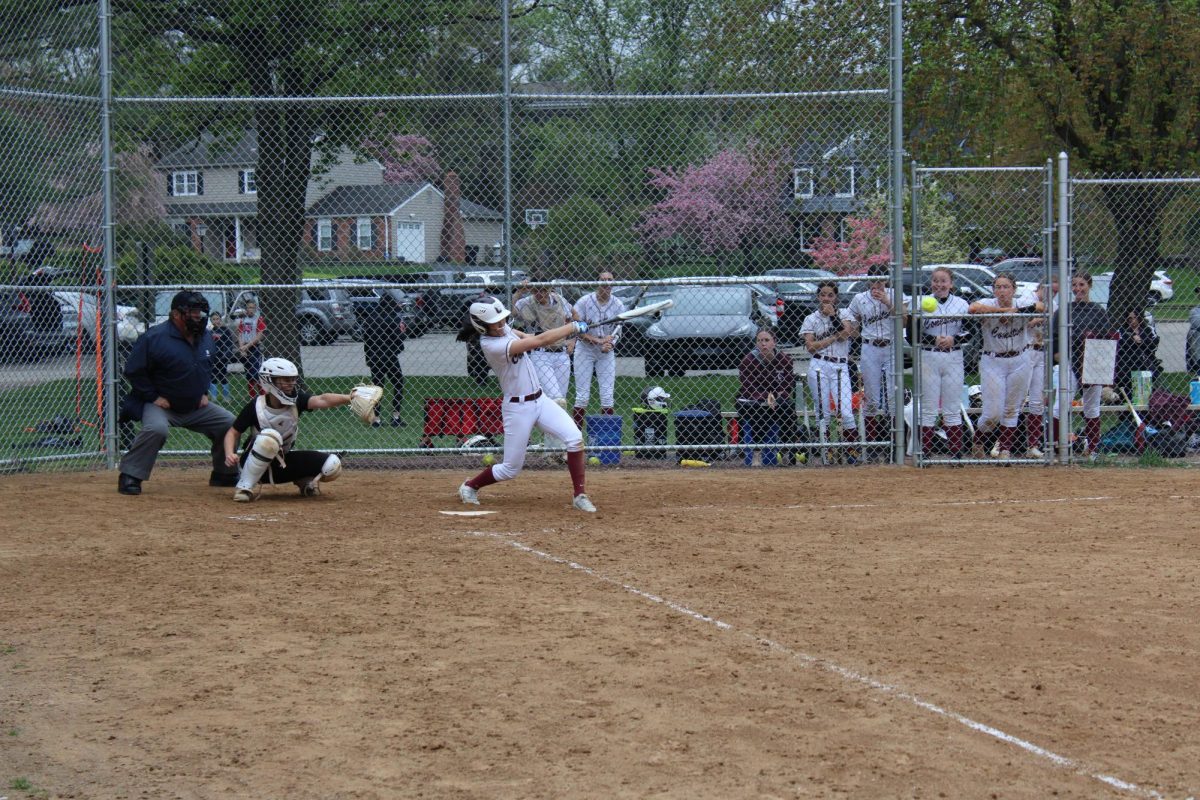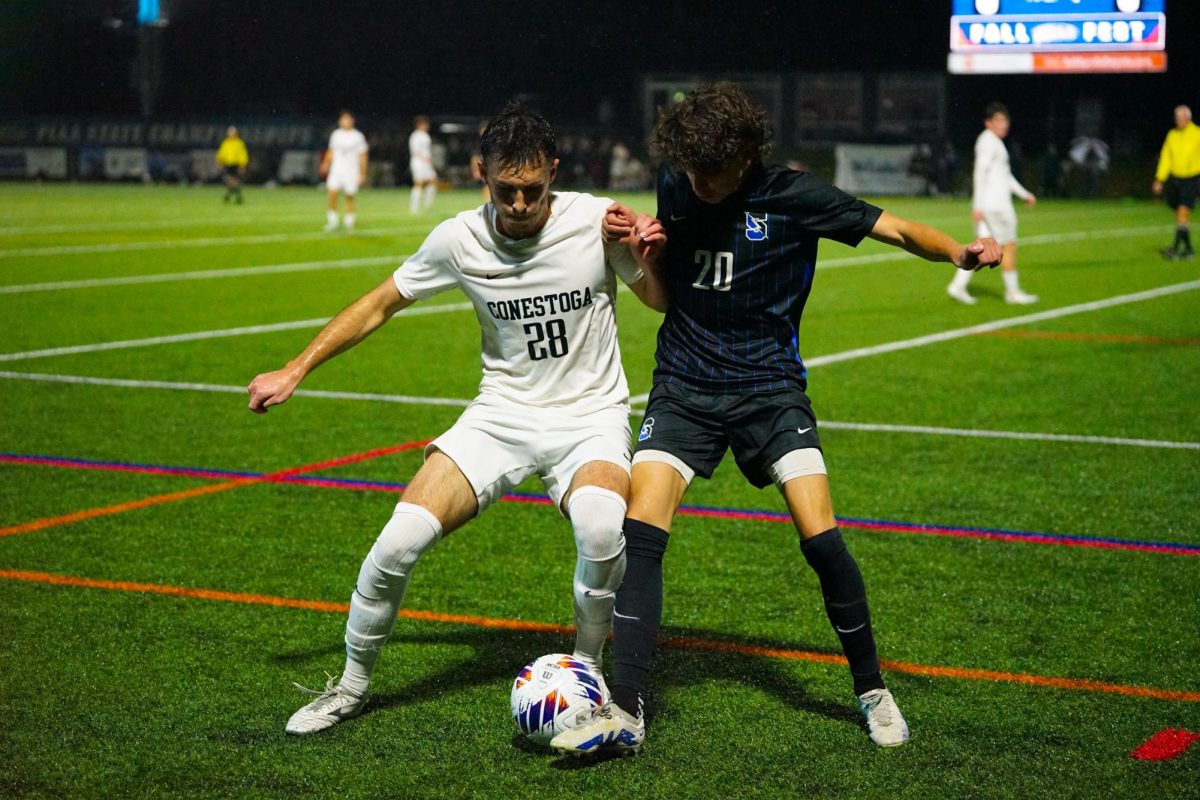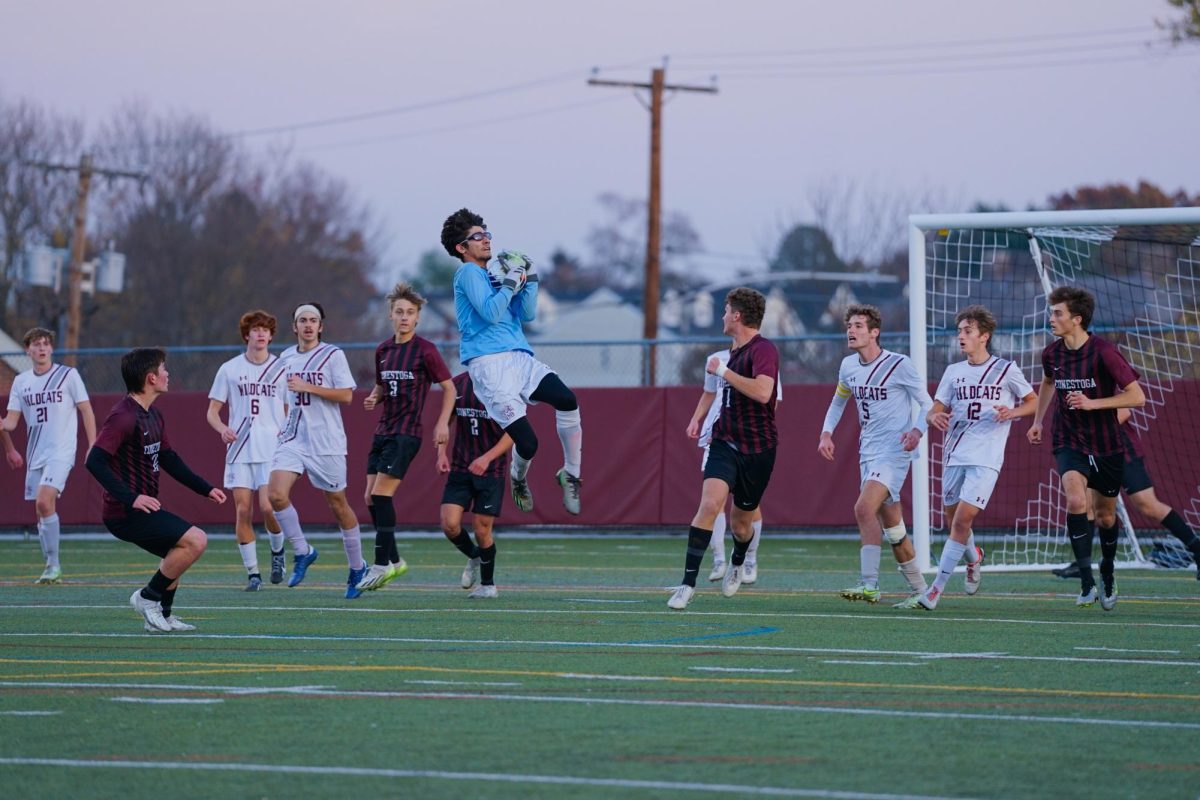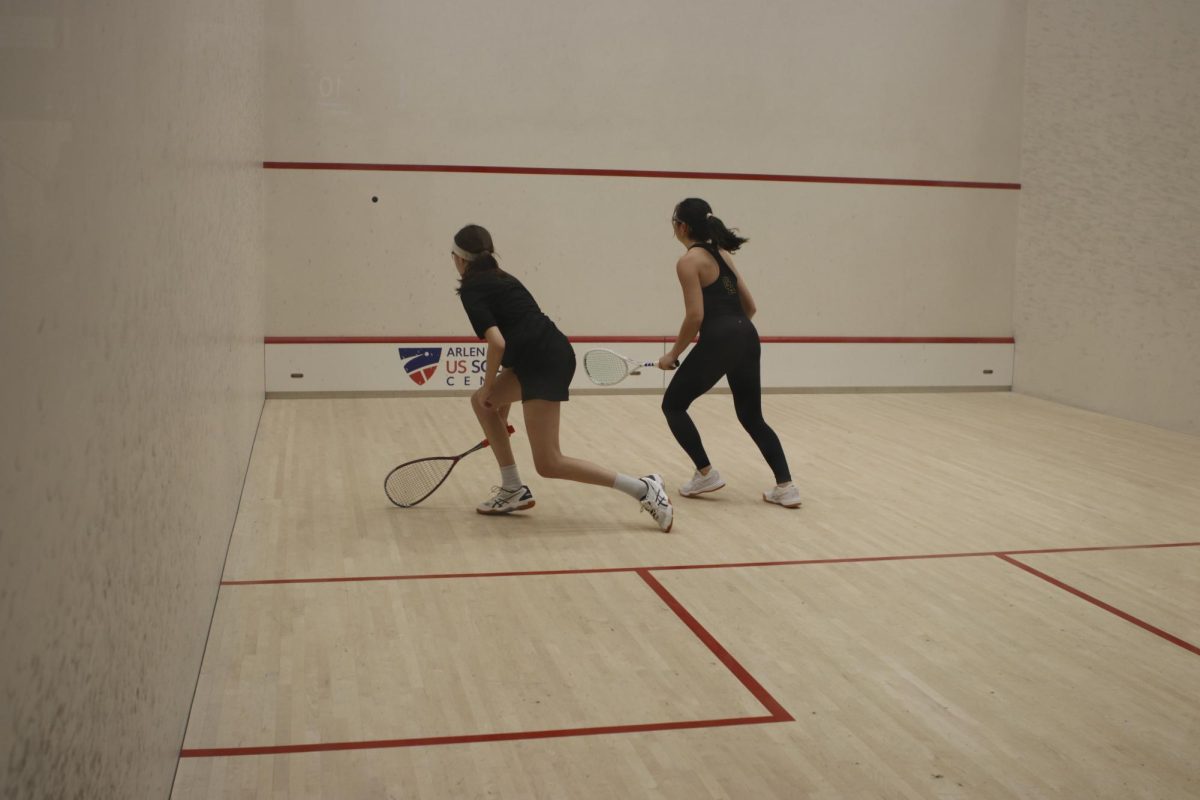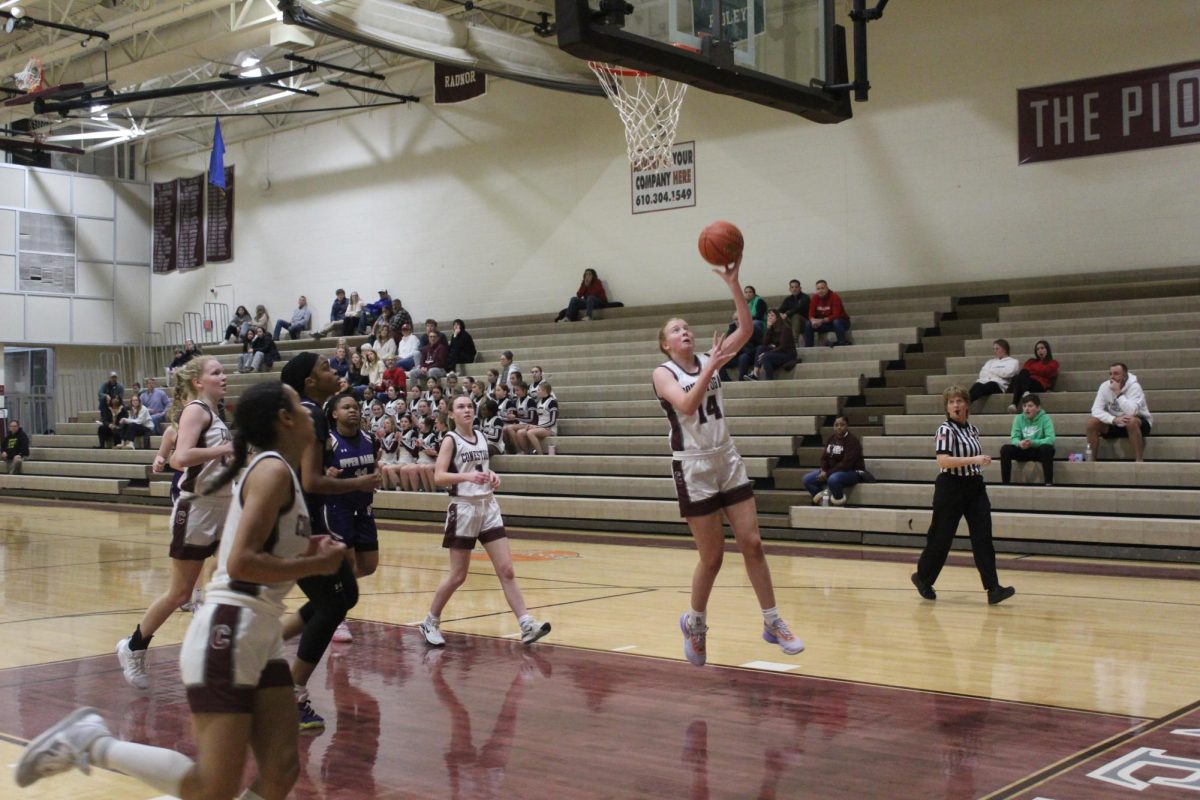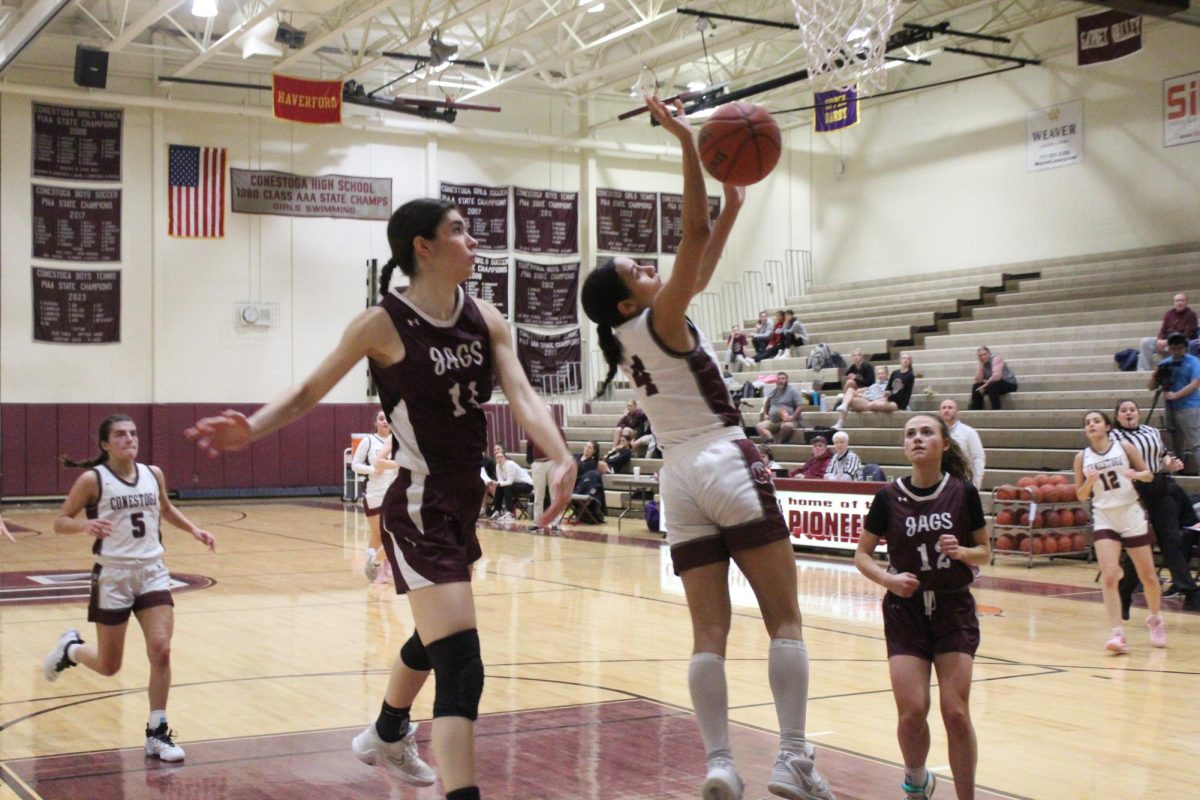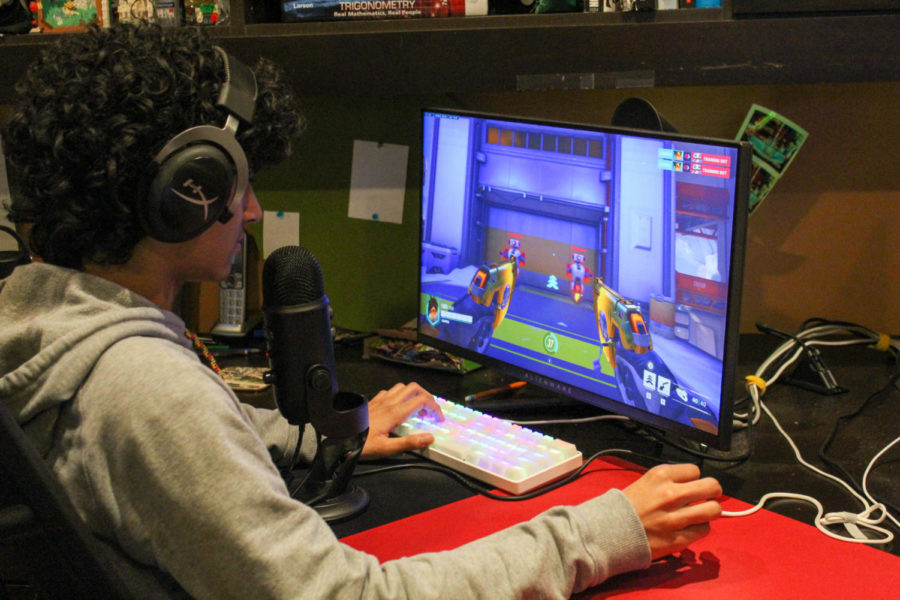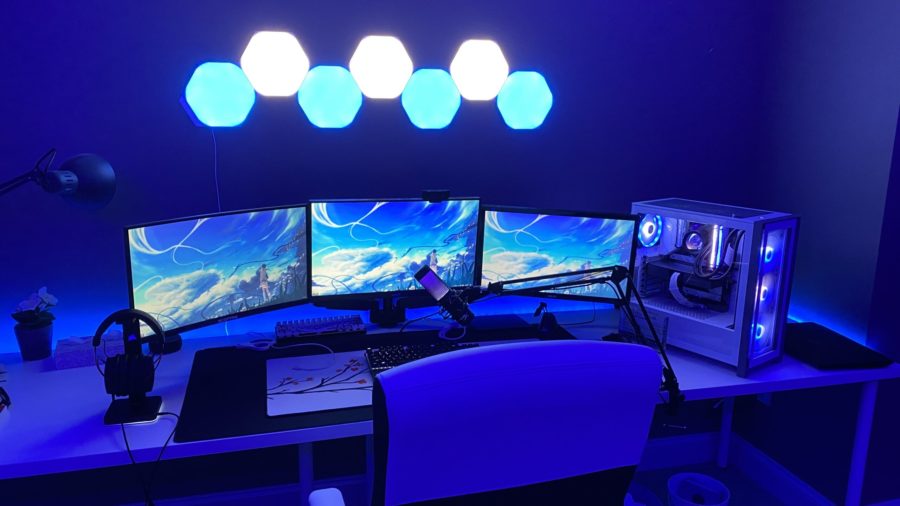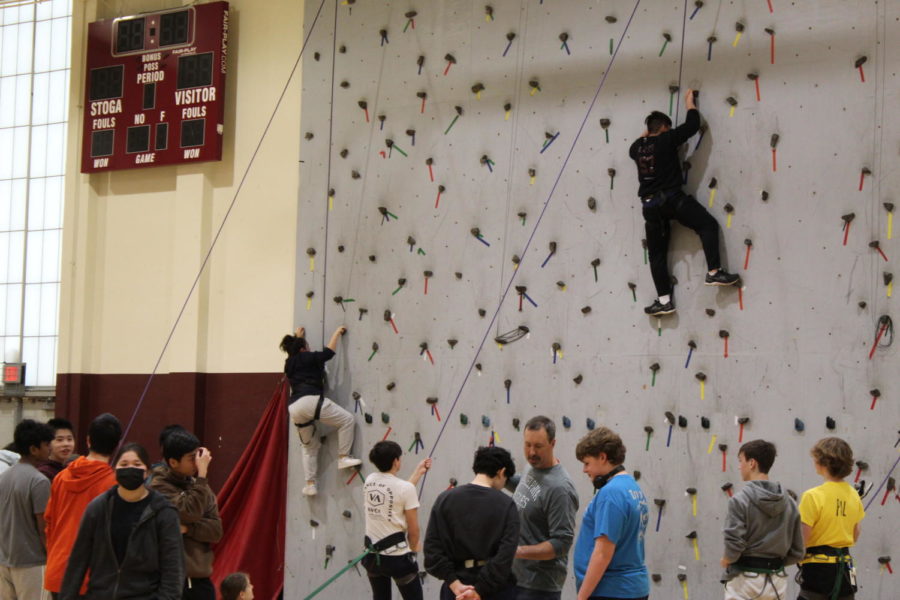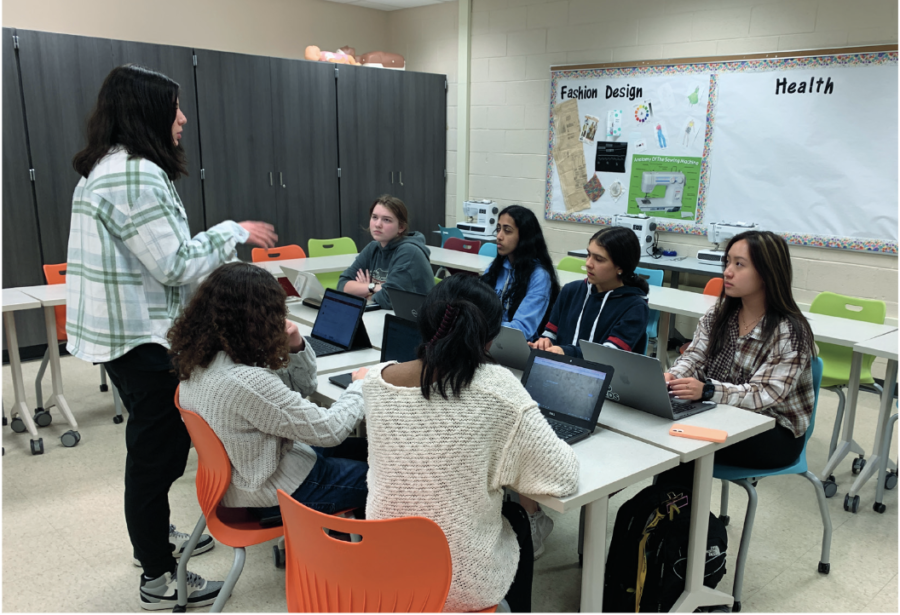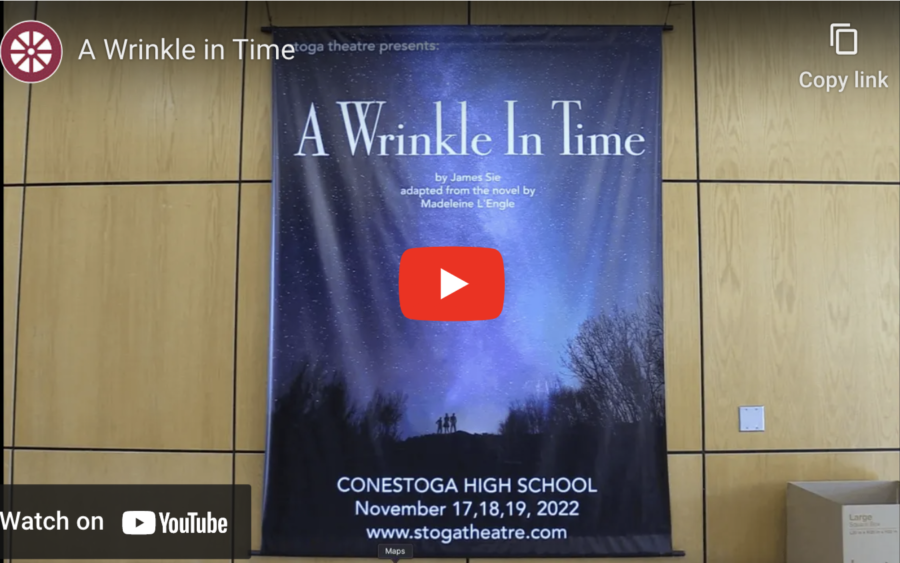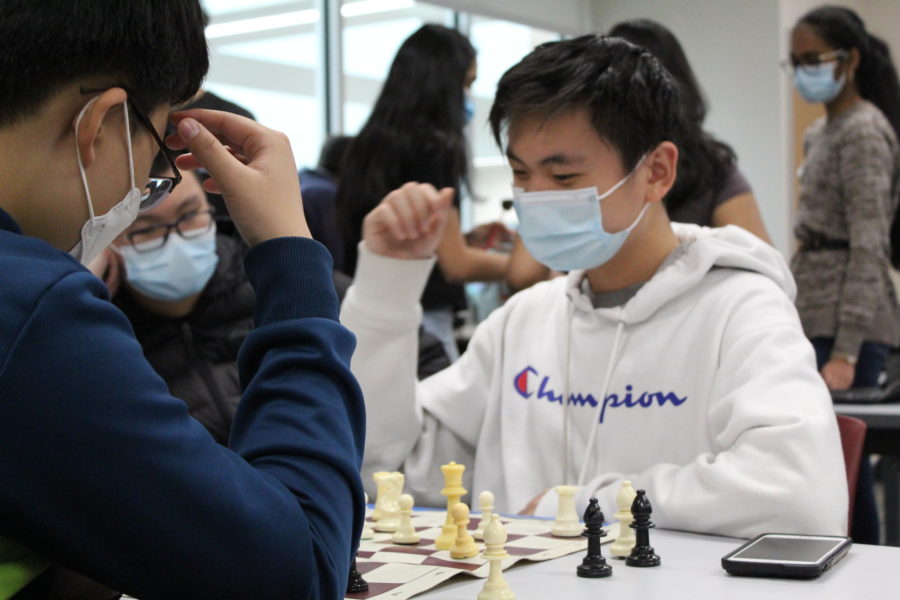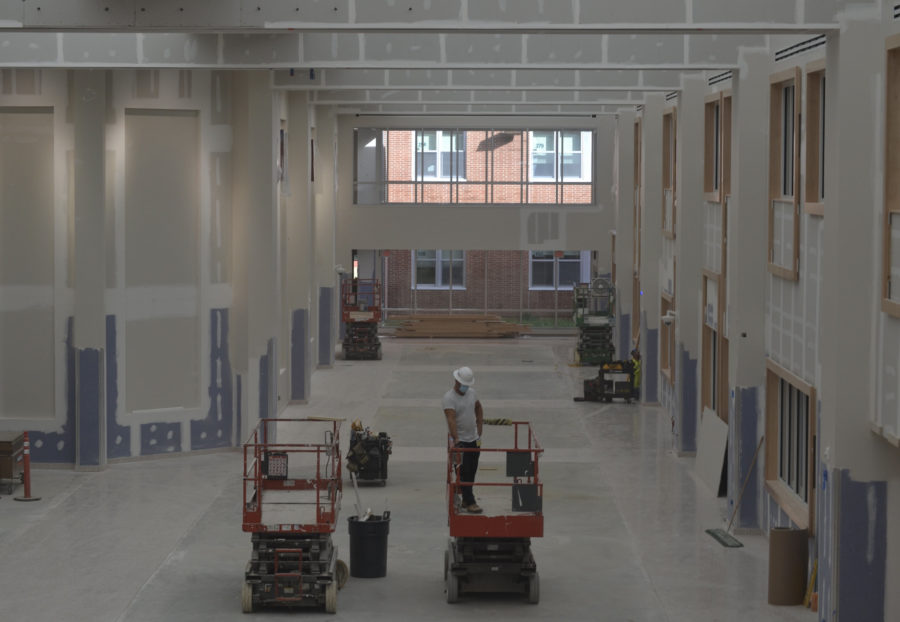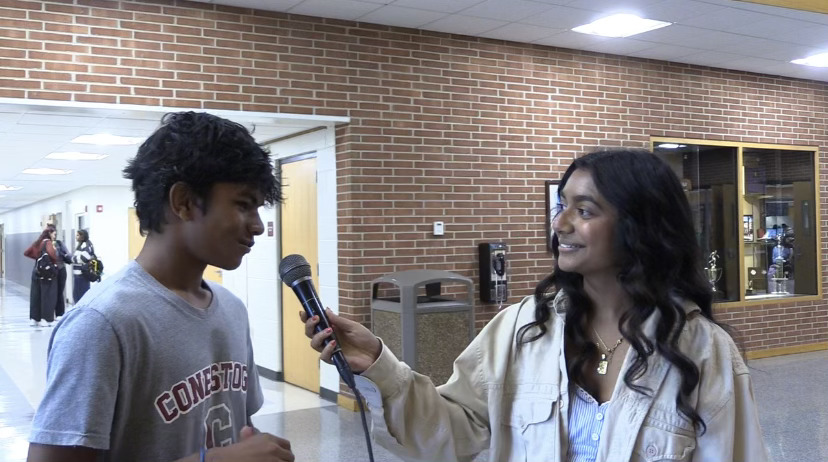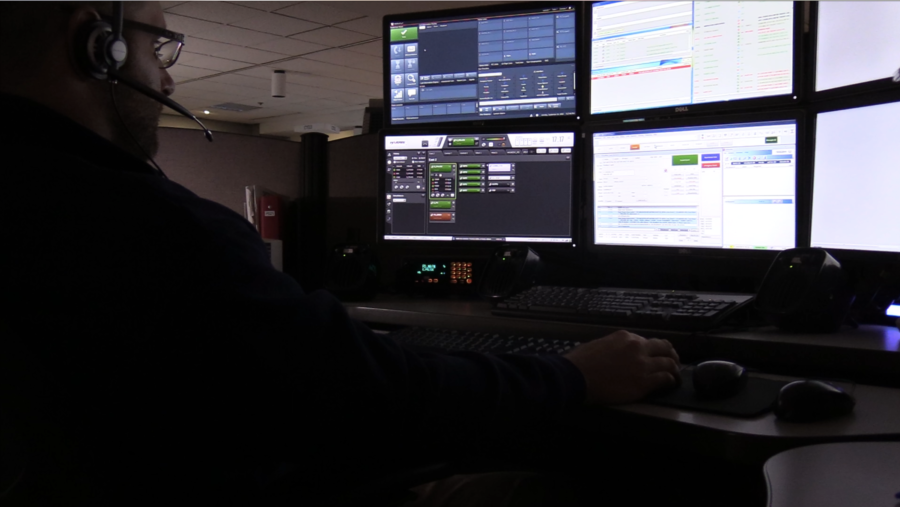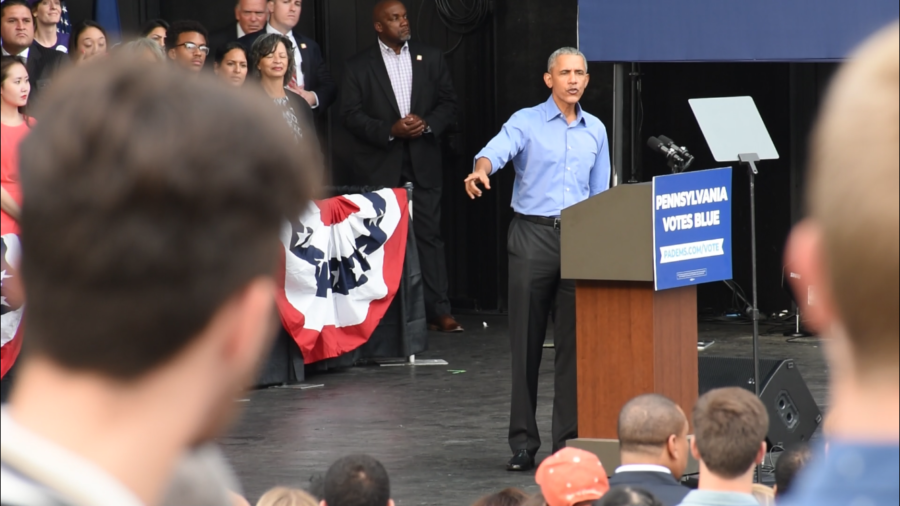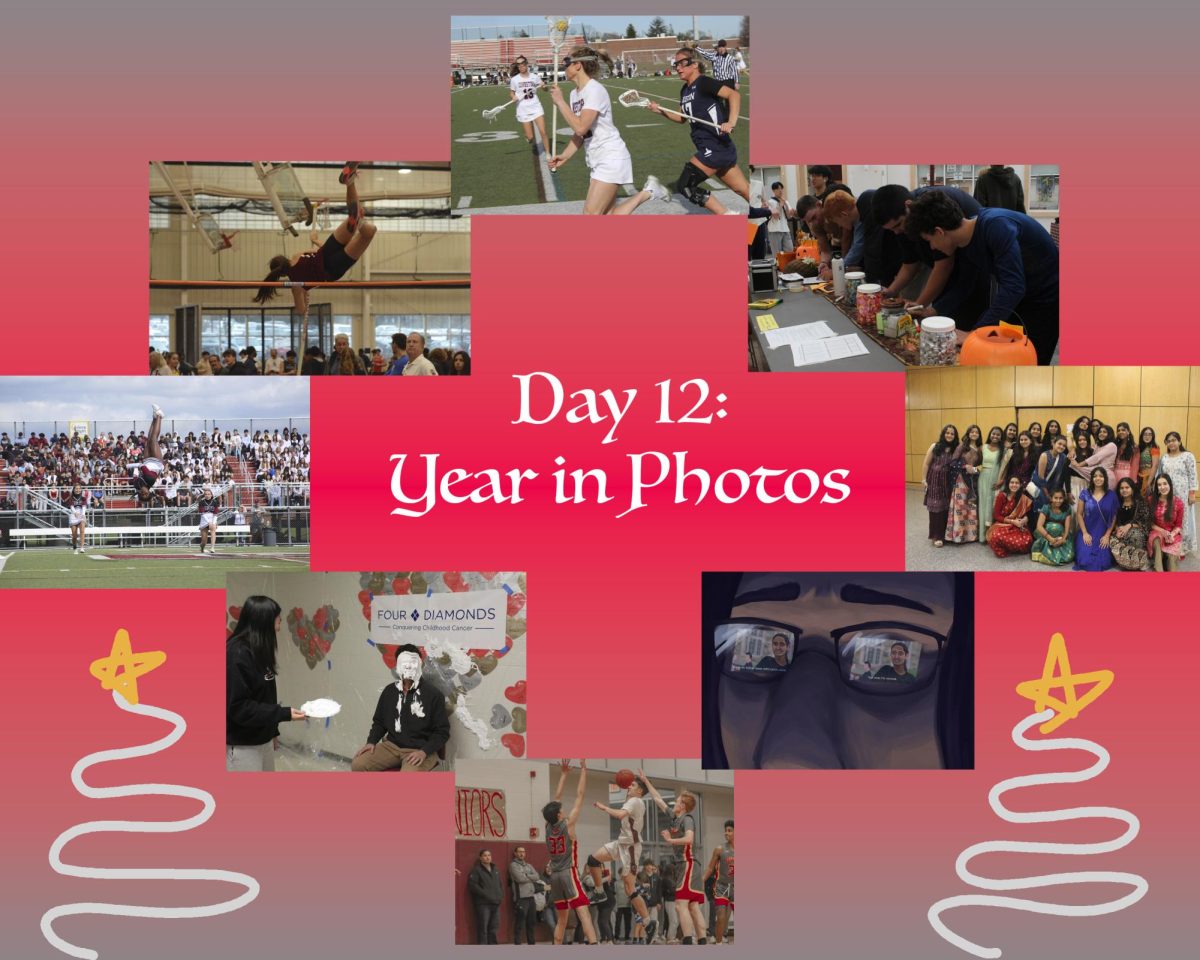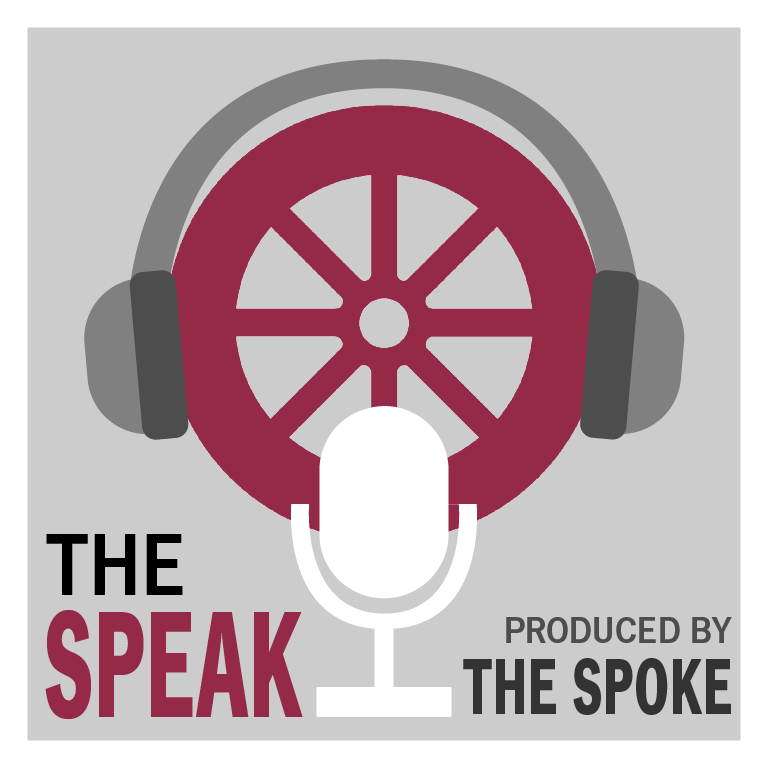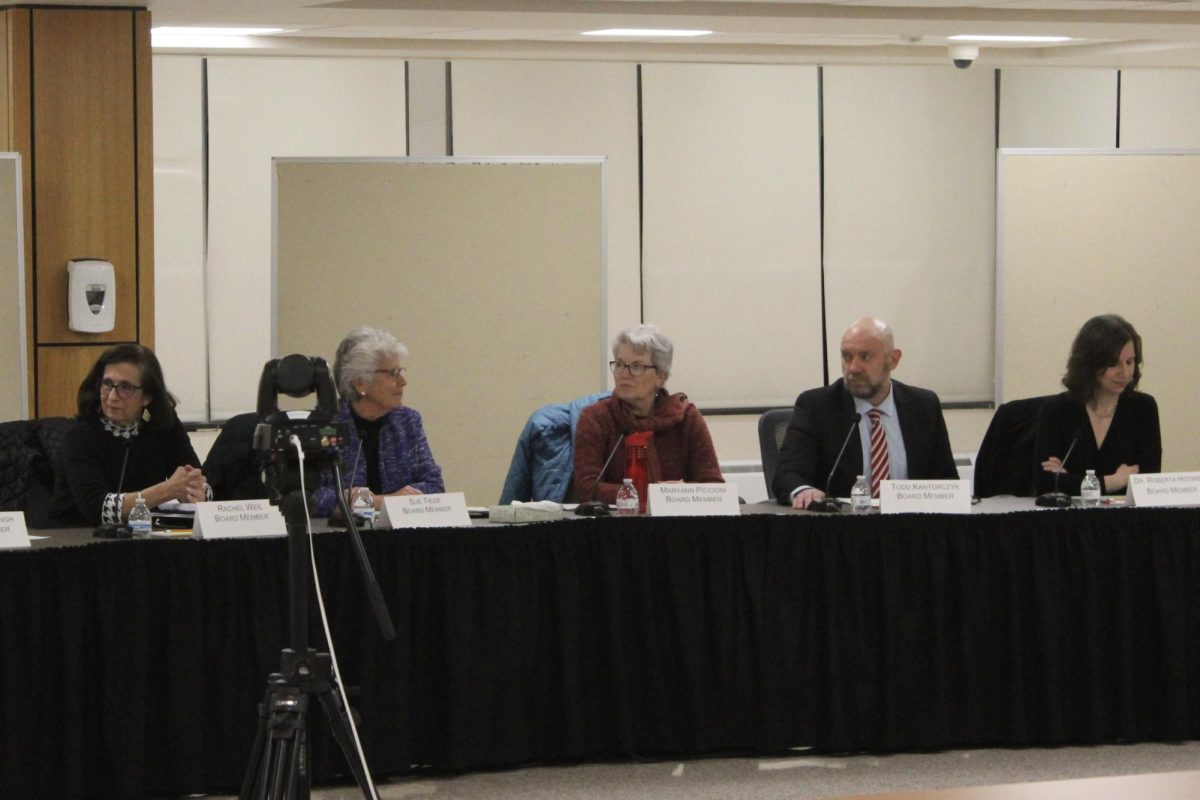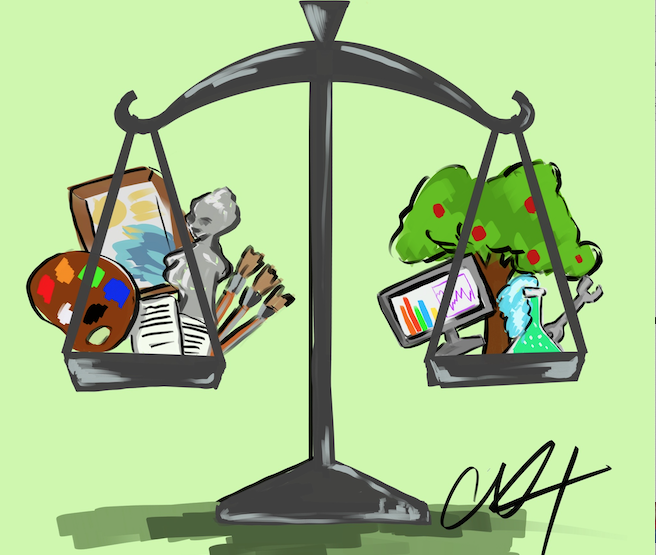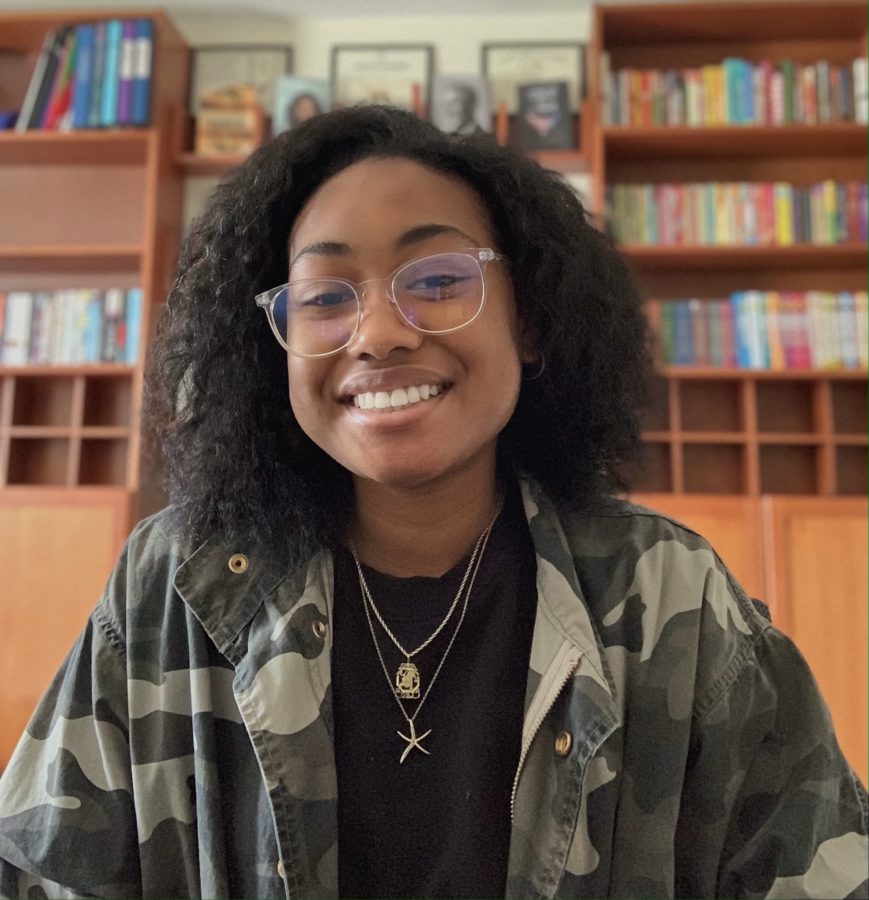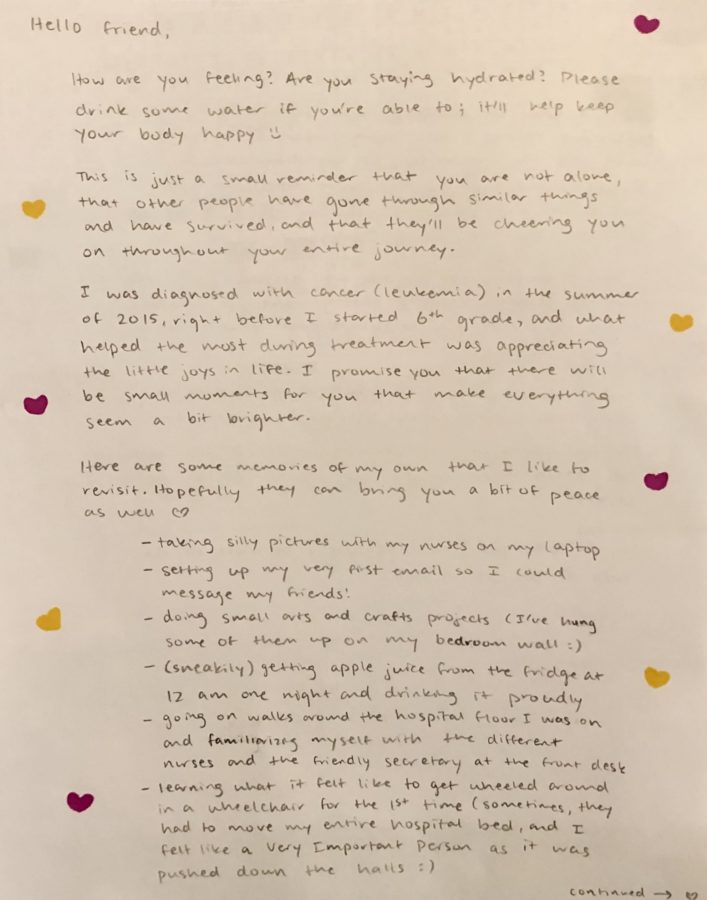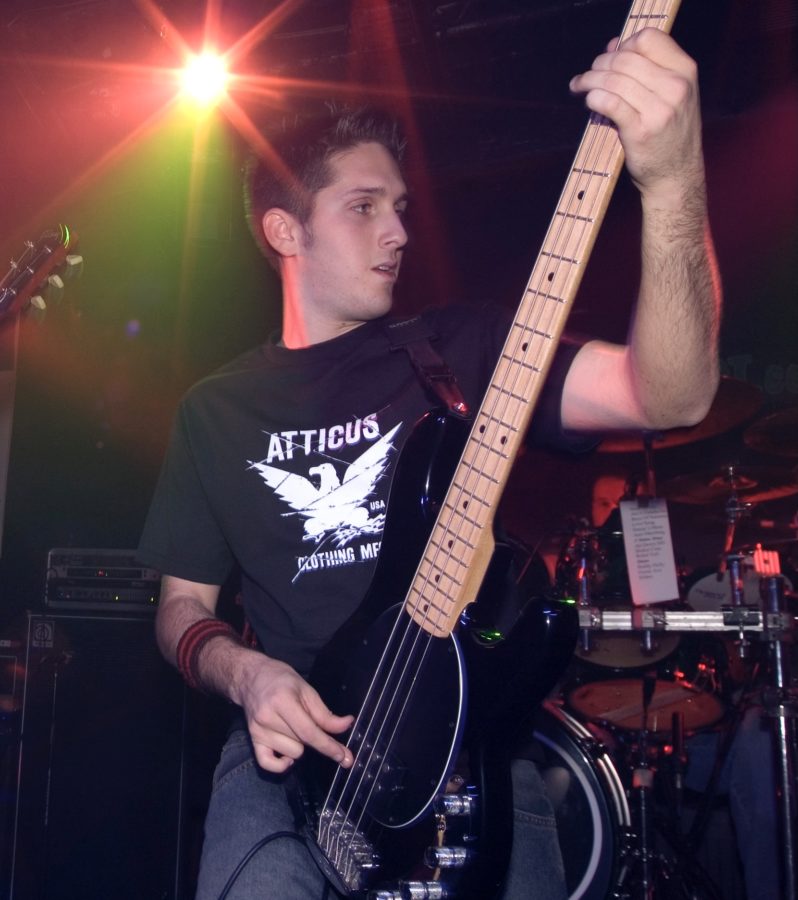Growing up, I’ve heard people scoff at the nature of poetry, at its elusive metaphors and double meanings, its pretentiousness, amid yet another proclamation that poetry is dead, once and for all, by the news. “But what does this mean?” my classmates would ask, befuddled, quickly followed by, “and why does this matter?”
And they’re not wrong. Materially speaking, poetry is worthless. But that’s what makes it increasingly precious in a culture where everything has a price. It’s why anyone can take it and learn it by heart. Anyone can whisper it, can carry it into a jail, through borders, over all sorts of state lines. It still has a purity. I remember the first time reading Ocean Vuong, when he said that “loneliness was still time spent / with the world,” how Audre Lorde compared love “to a burning fence about my house.”
I know that many would argue that the arts and humanities are not as valuable or relevant in comparison to fields such as the sciences, business or law, and they may be right. The arts and humanities do make nothing happen, at least, if you consider “something” to be an election victory, the end of hostilities or the next cure for cancer. But it would be remiss to say that they don’t matter.
After all, we’re still studying Lincoln’s Gettysburg Address centuries after it was written, and Gandhi’s philosophy of nonviolent protest has transformed the way we view dissent across the globe. We wouldn’t remember ancient Greece half as well without the epic characters of Achilles, Oedipus and Antigone and the human consciousness they embody or the events of Guernica if Picasso had not painted it. Michelangelo’s “David” and Sistine Chapel remain one of the primary symbols of the Italian Renaissance, and the first four notes of Beethoven’s Fifth Symphony have resonated (and will continue to resonate) in human minds for the last 200 years. They connect us with each other and with our past in order to imagine a more compassionate and equal future.
It’s the arts — and in extension, culture — that shape the lasting legacy of countries and time periods, long after they’ve passed. As poetry critic Helen Vendler notes, “(m)akers of culture last longer in public memory than members of Congress, representatives and senators; they modify the mind of their century more, in general, than elected officials.”
But on a smaller, more individual scale, the arts and humanities make us into better human beings. Studying Shakespeare’s “Hamlet” and viewing Picasso’s “Guernica” not only make us consider the emotions of grief, longing and what it means to be human, but they also create a sense of gravity of the world and what came before us. There is no one right answer when it comes to analyzing literature, music and art, just as there’s no “right” kind of literature, music or art. The arts and humanities use a kind of divergent thinking, which allows individuals to explore multiple possible interpretations of a problem and is closely associated with creativity instead of convergent thinking. Through the consumption and creation of the arts and humanities, we learn how to think critically and creatively, how to reason, and how to ask questions.
The arts and humanities may make nothing happen, at least in the world of reportable events, but they encourage a sense of equal compassion, engagement and contemplation as other professions and fields. In today’s world, maybe that’s more what we need.
